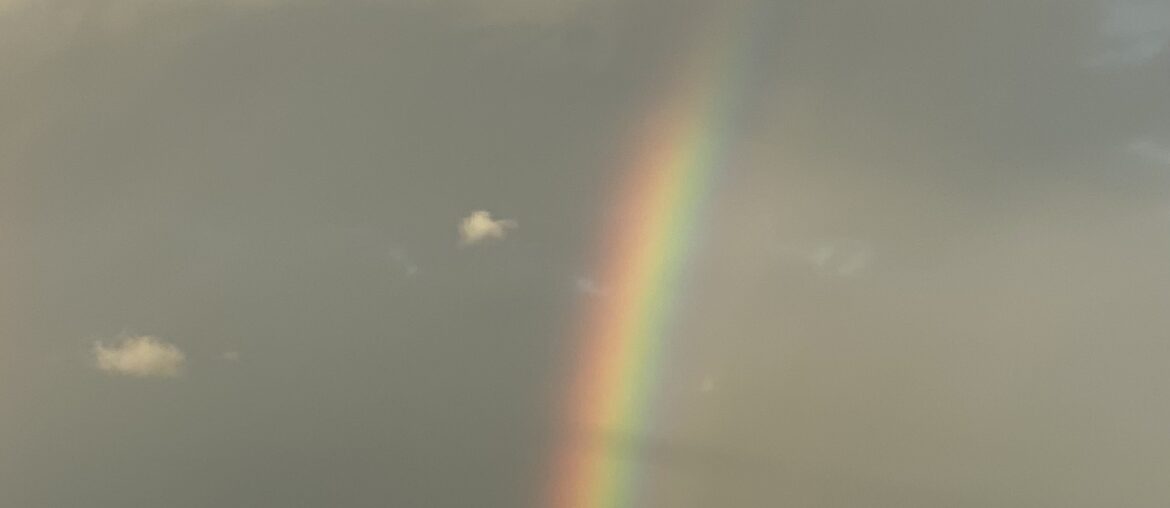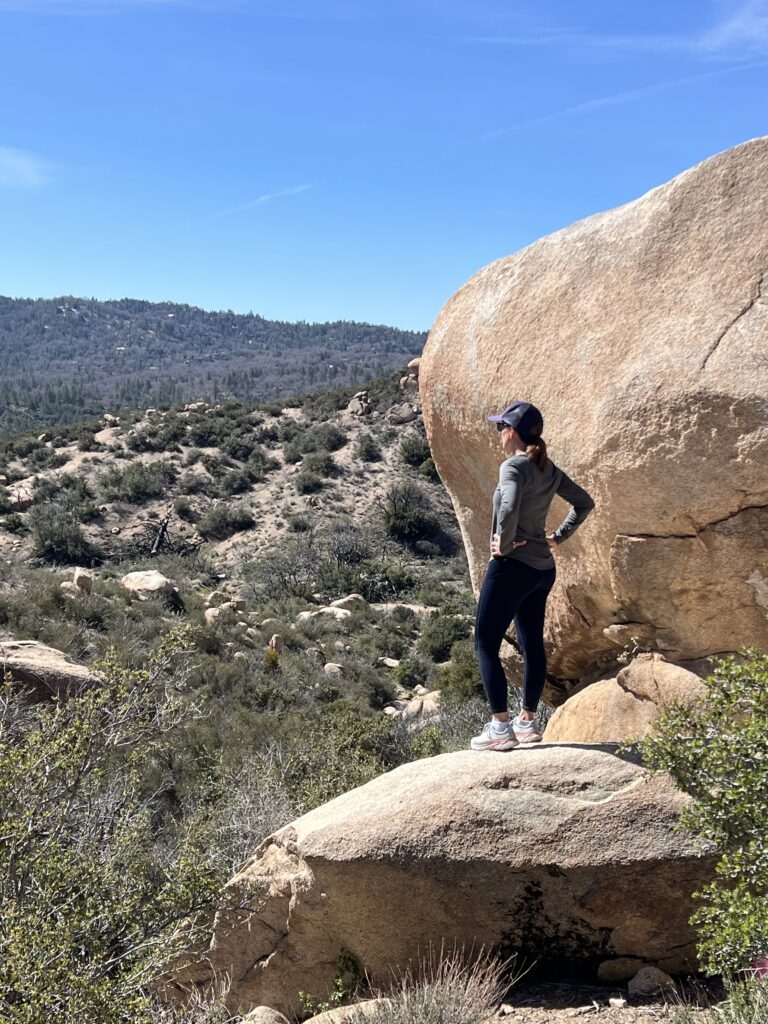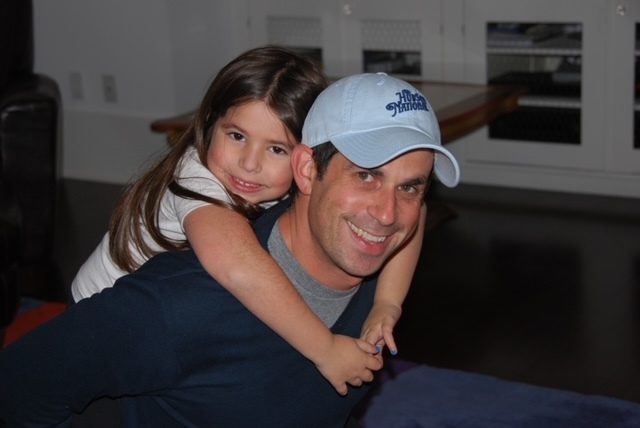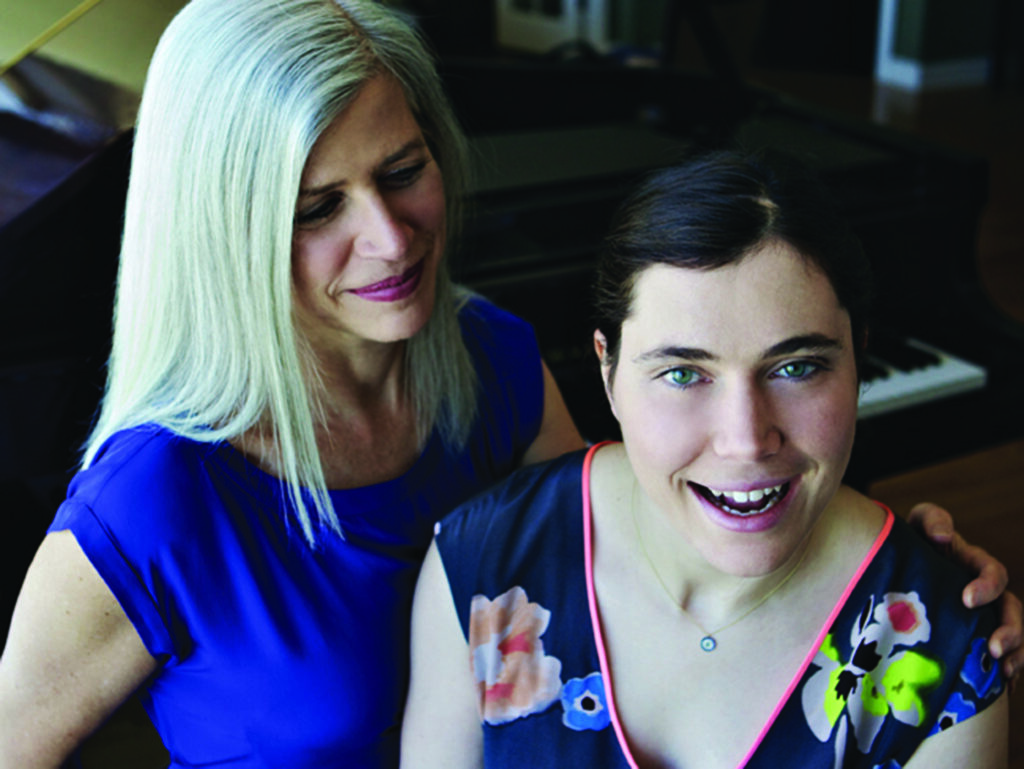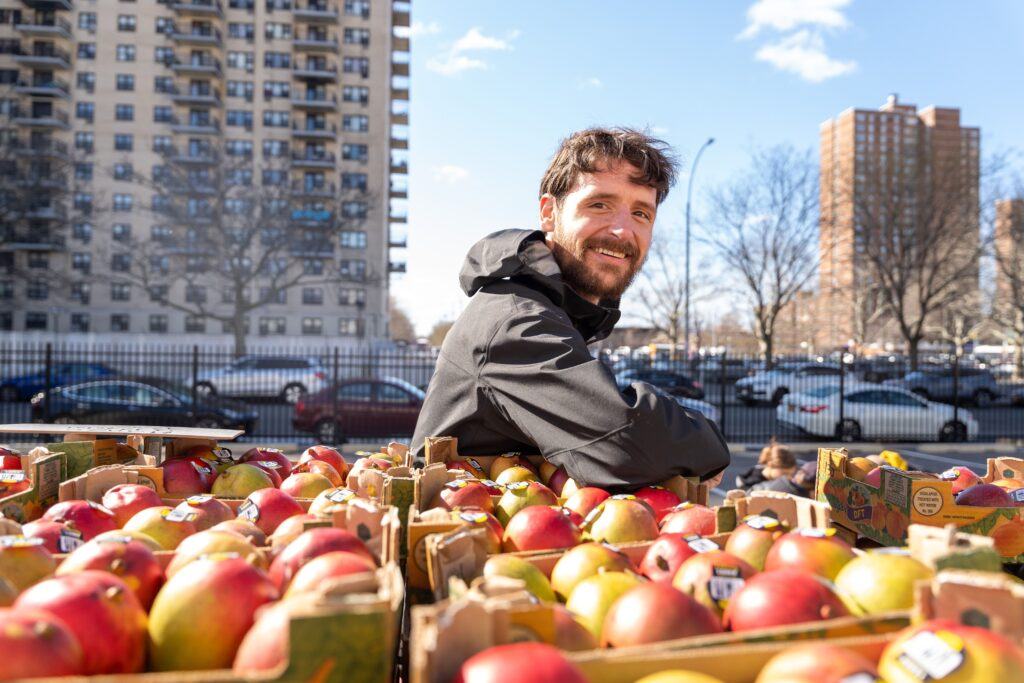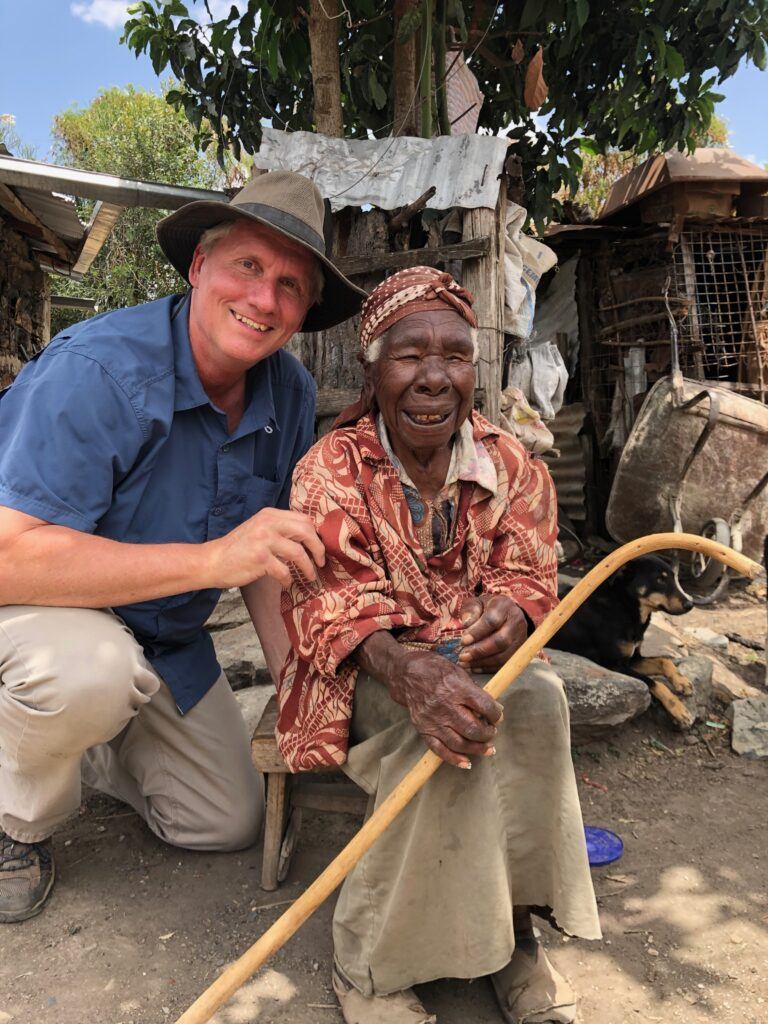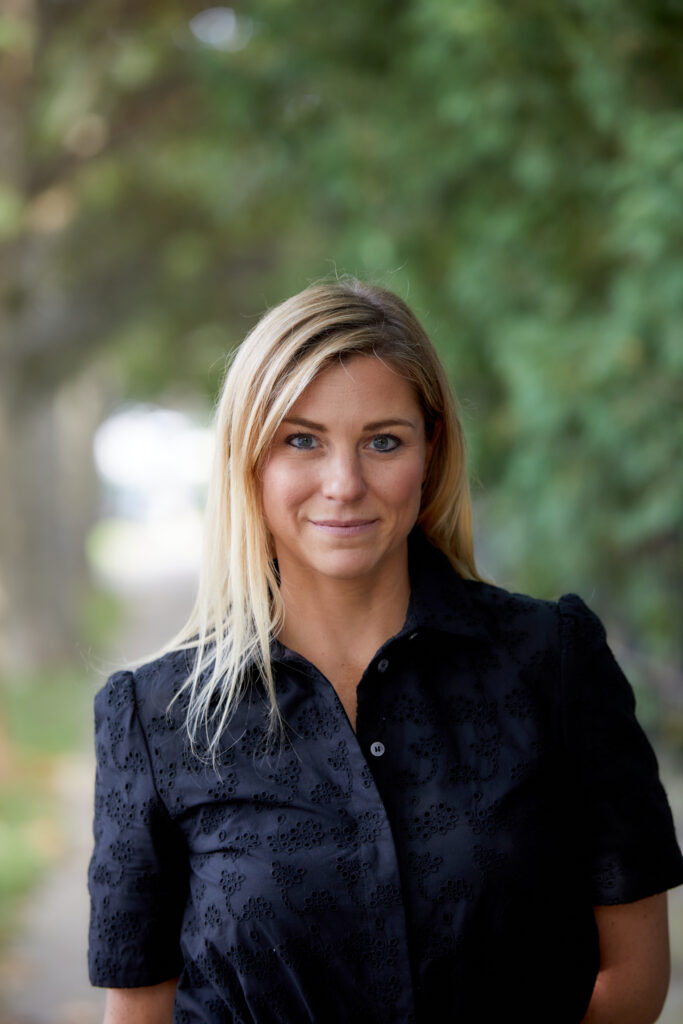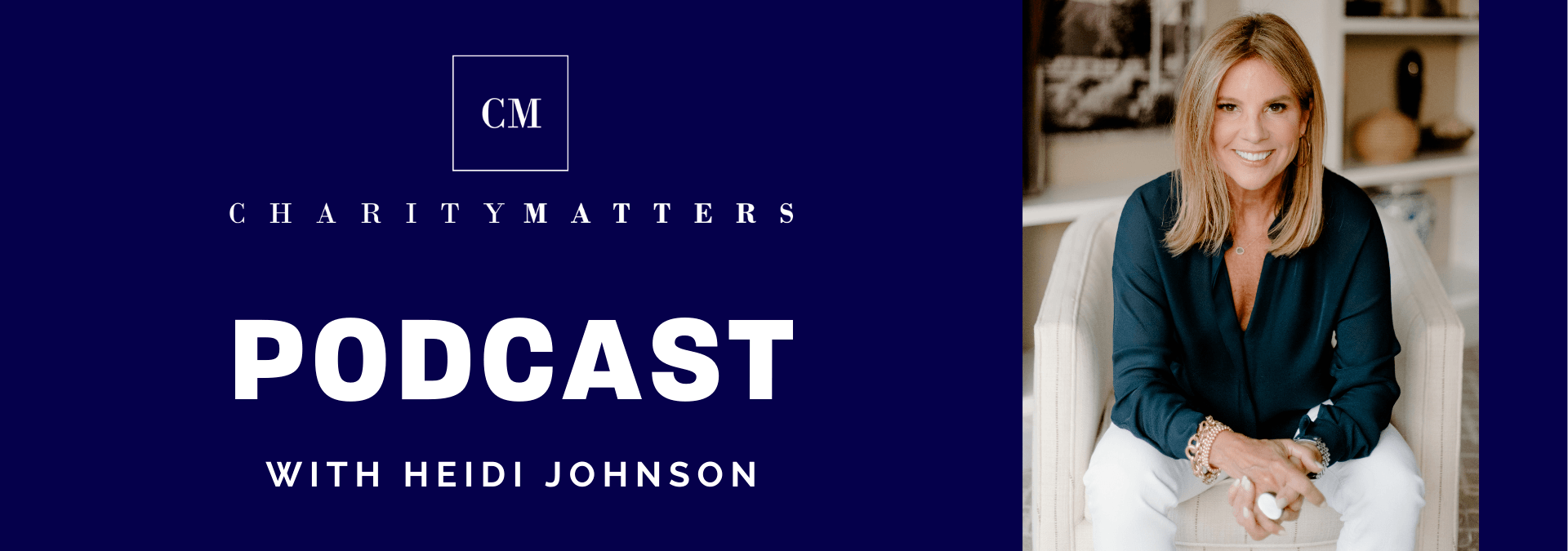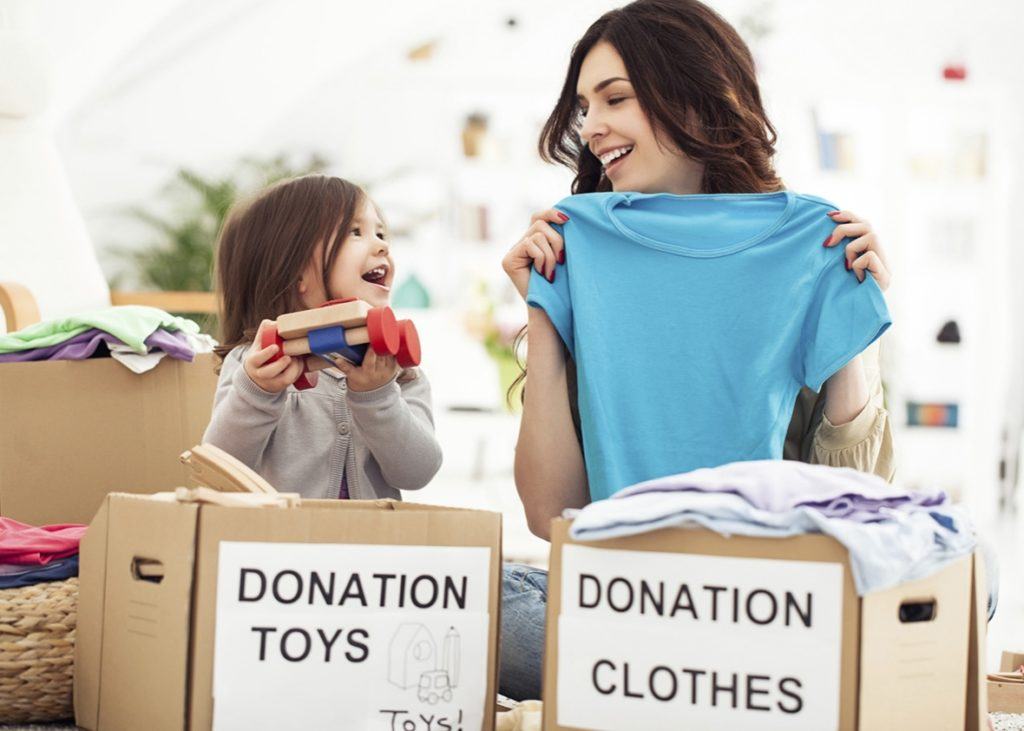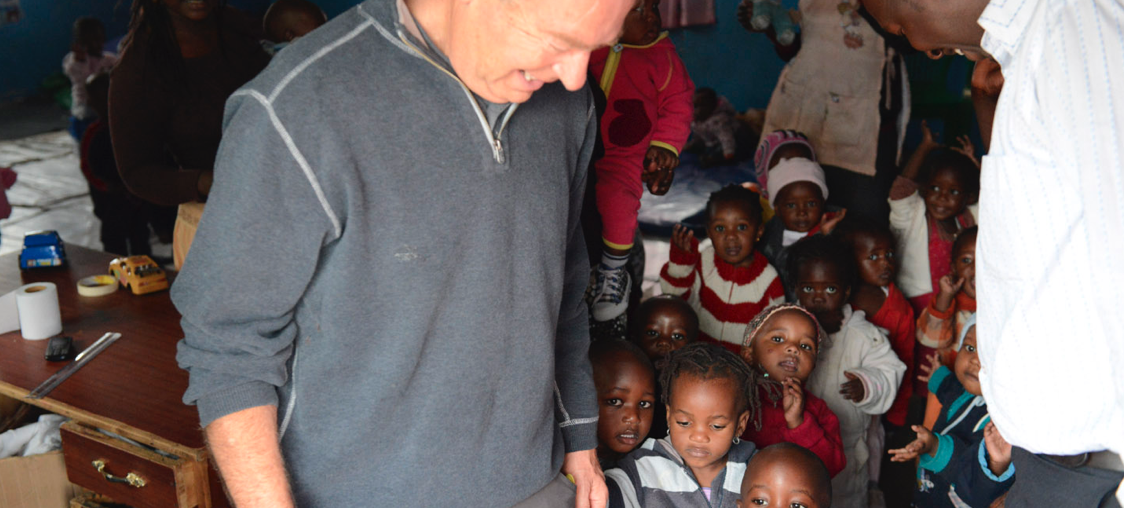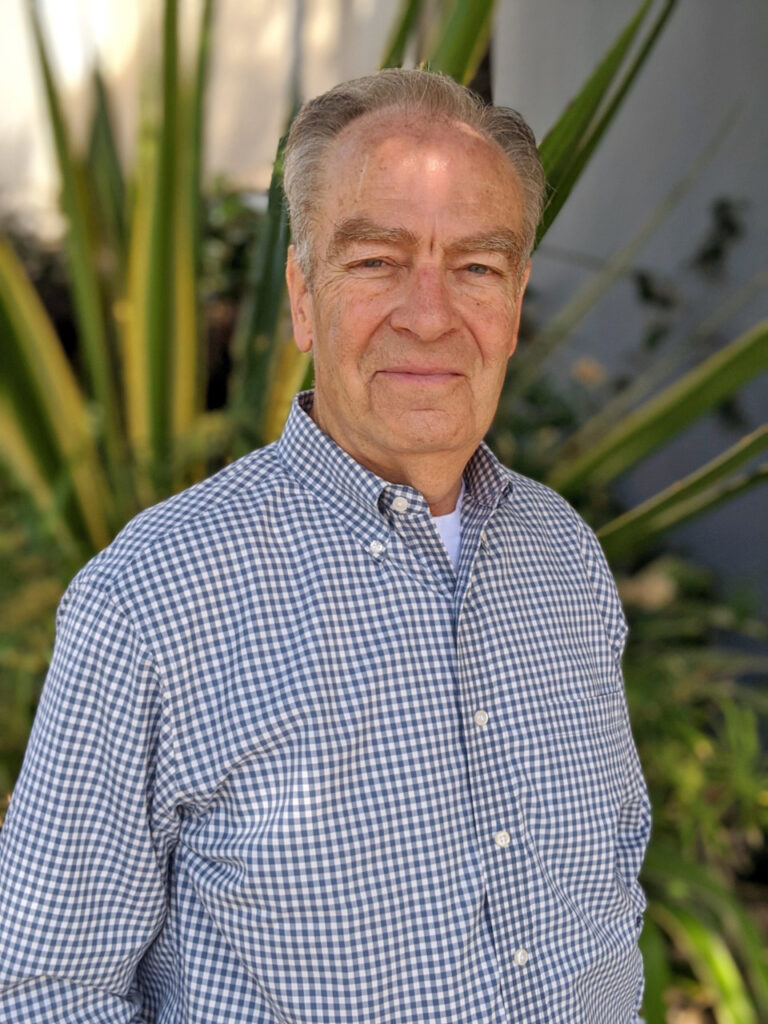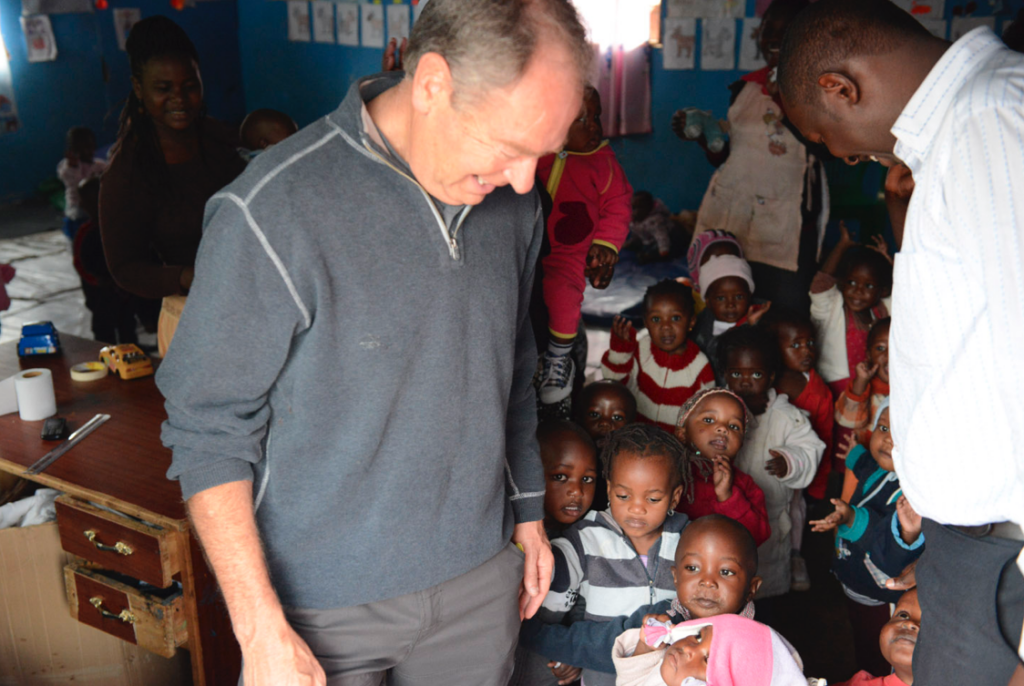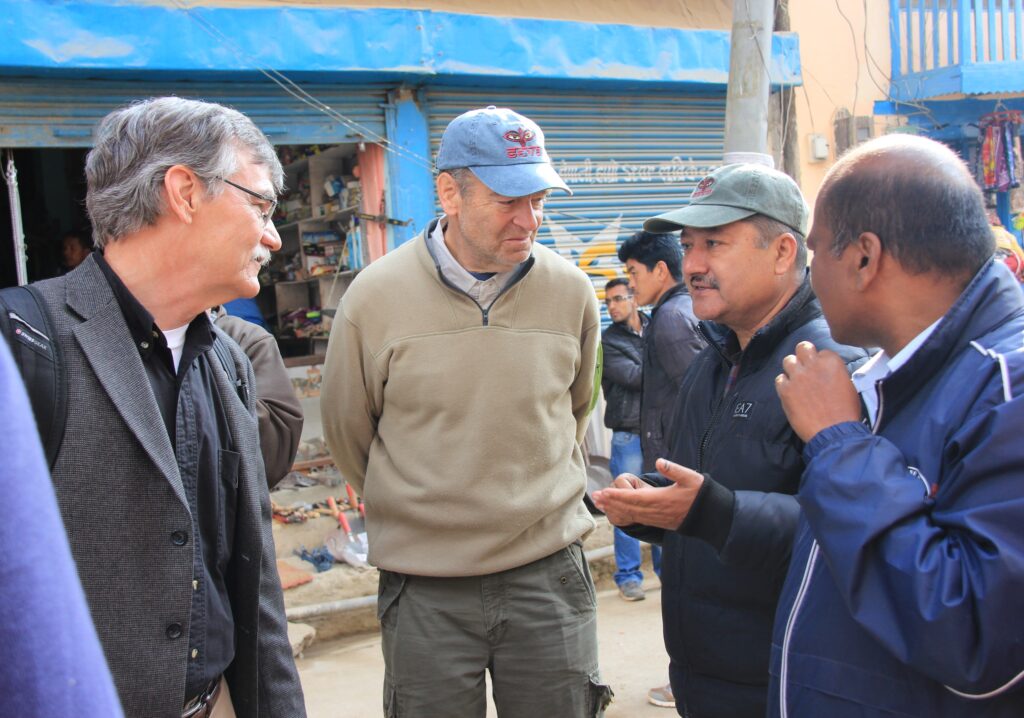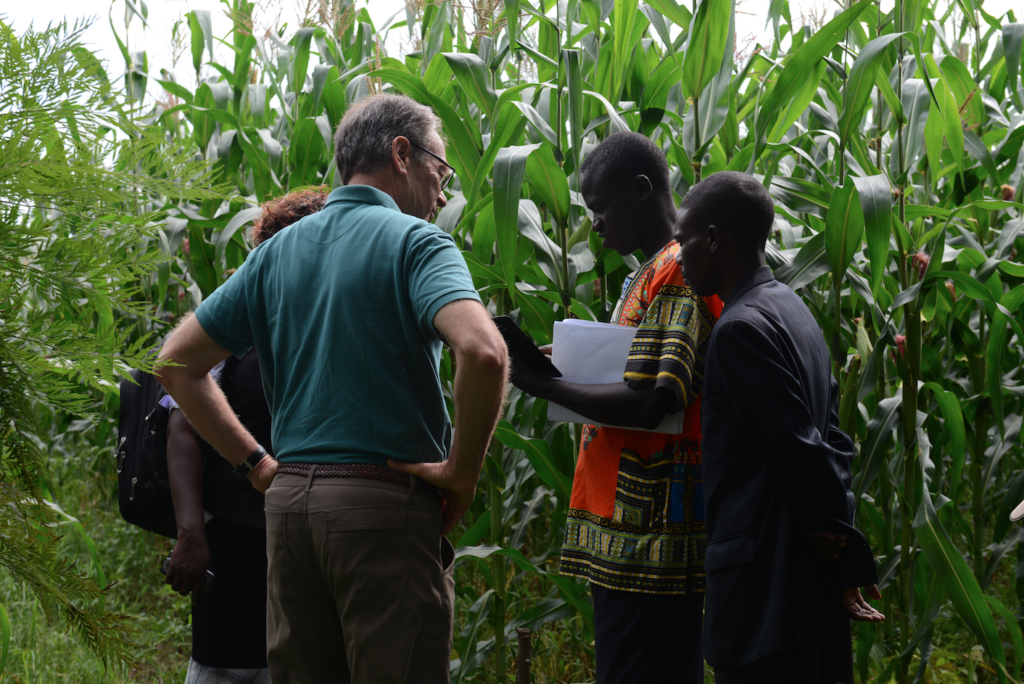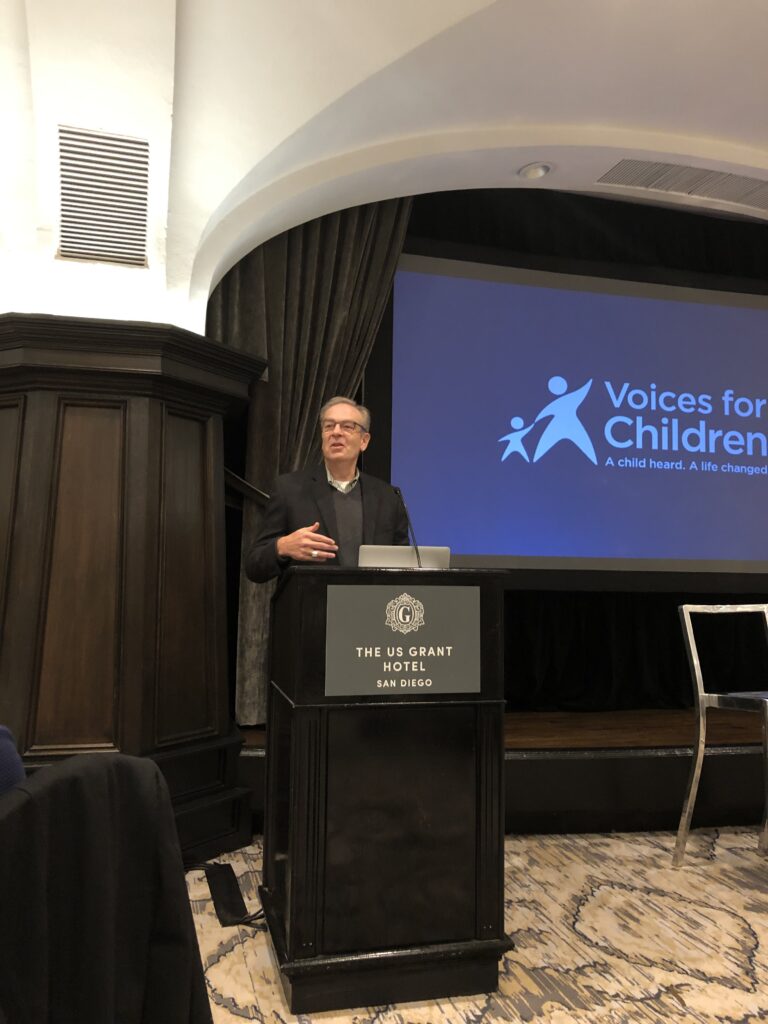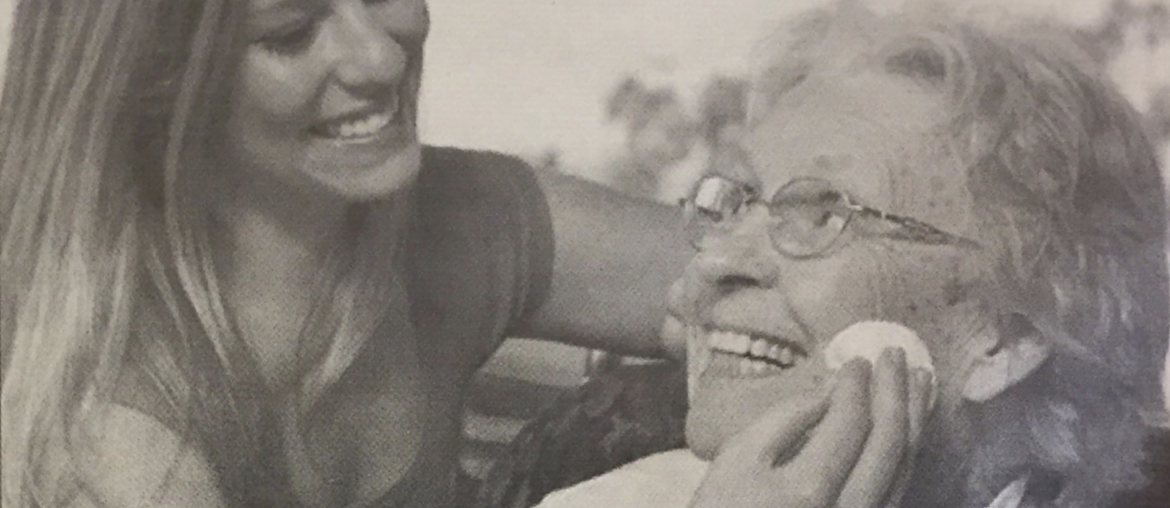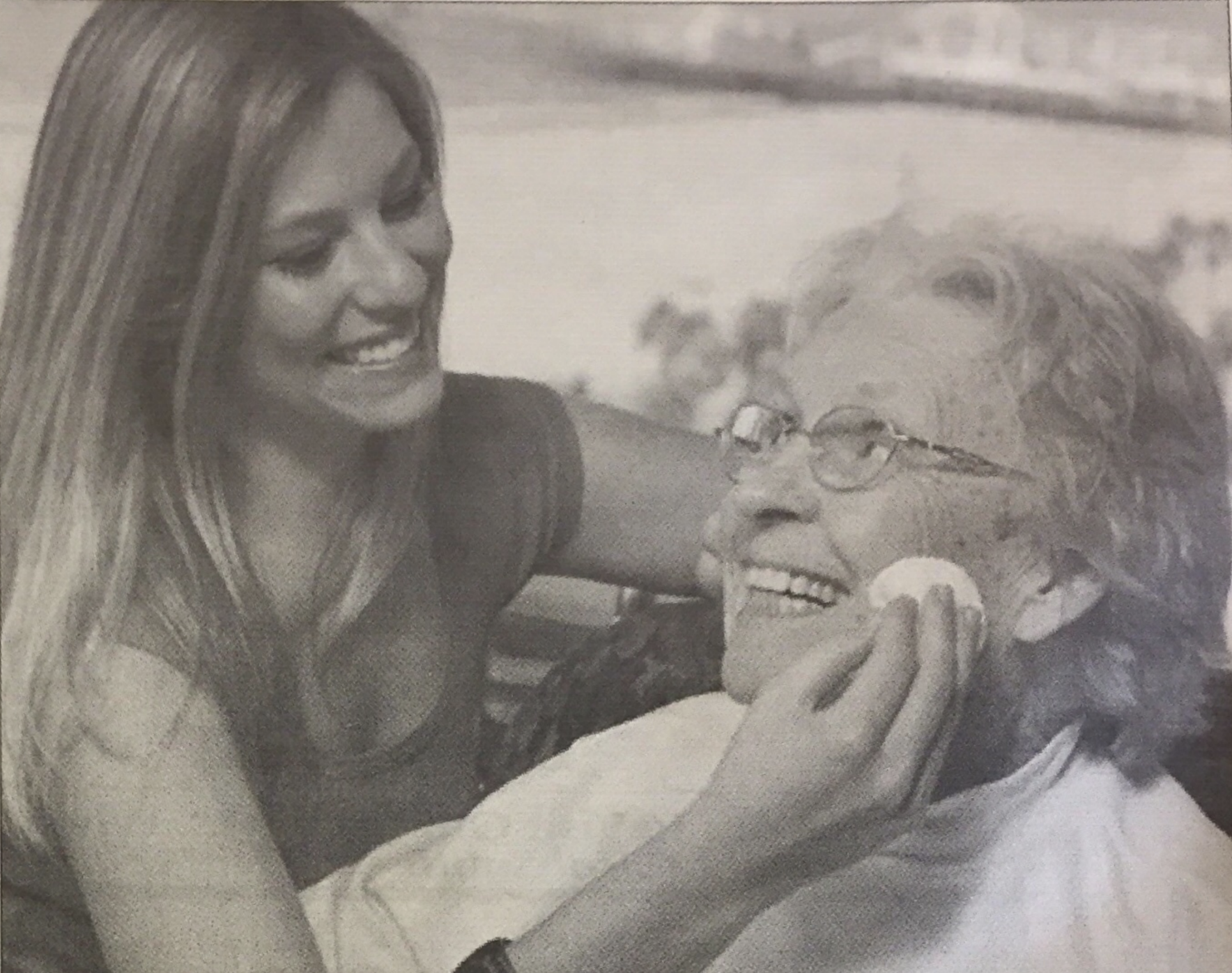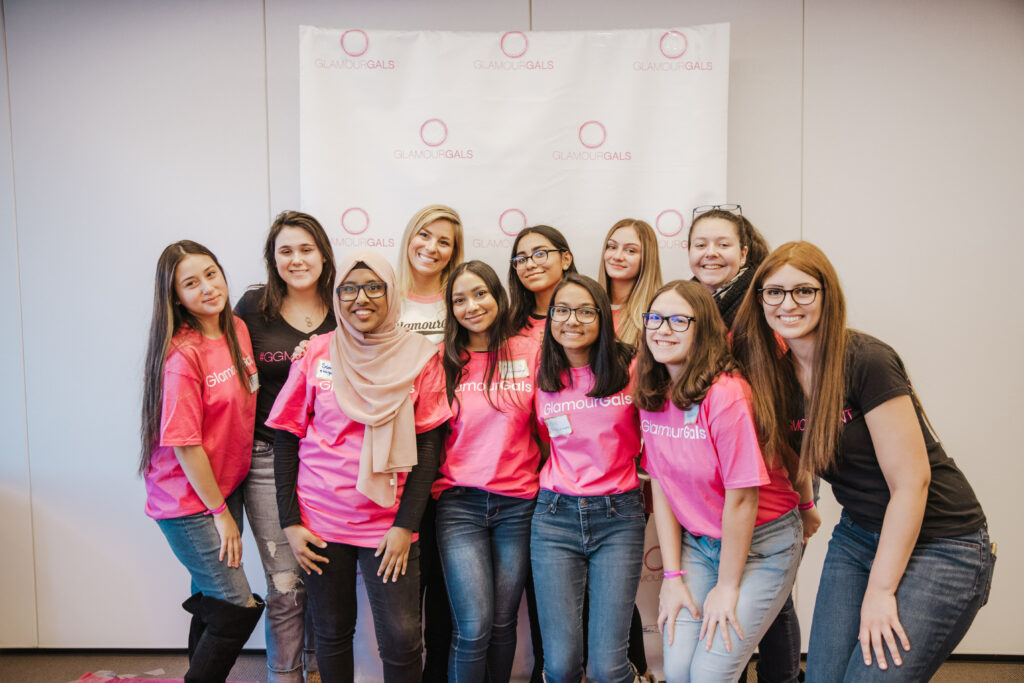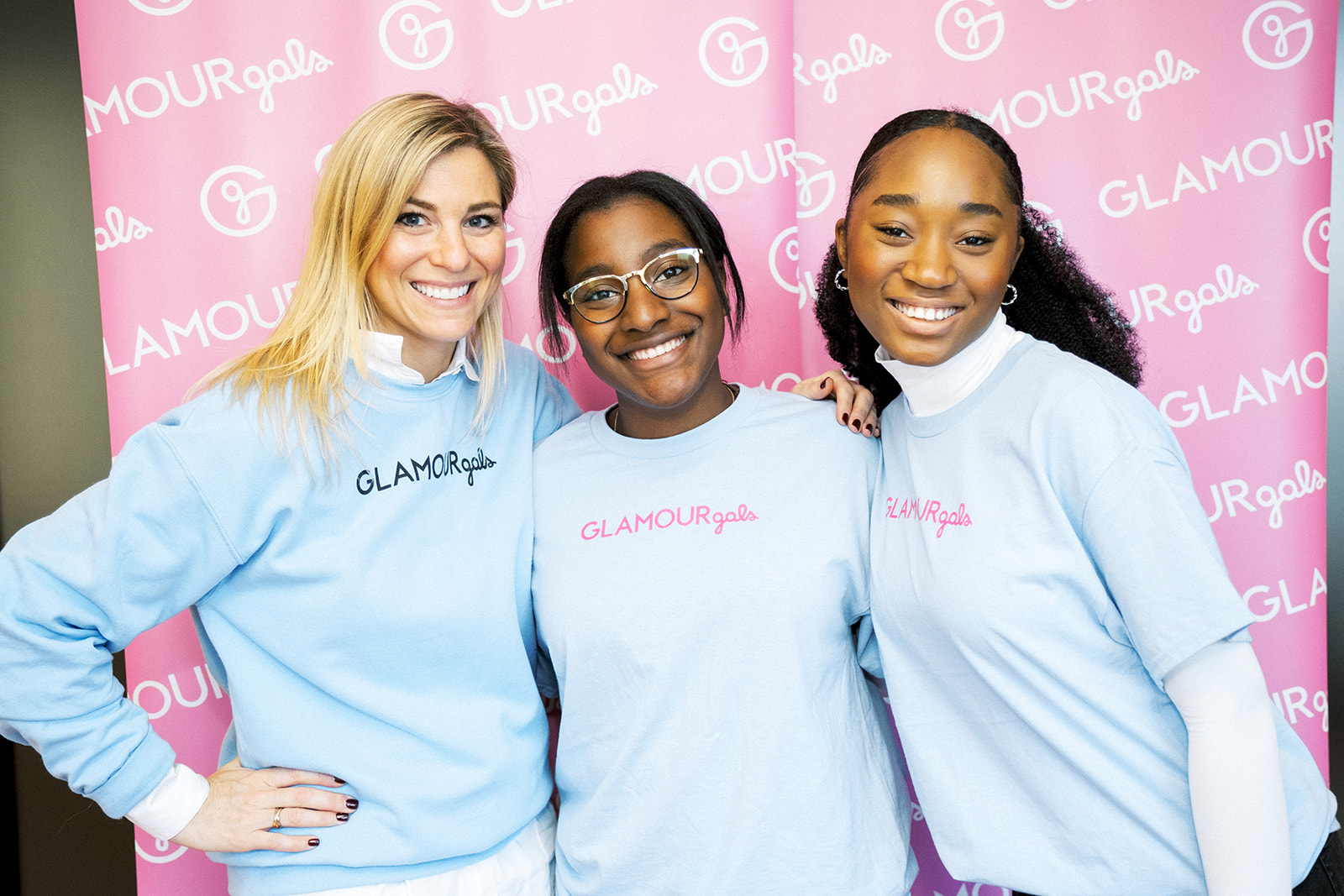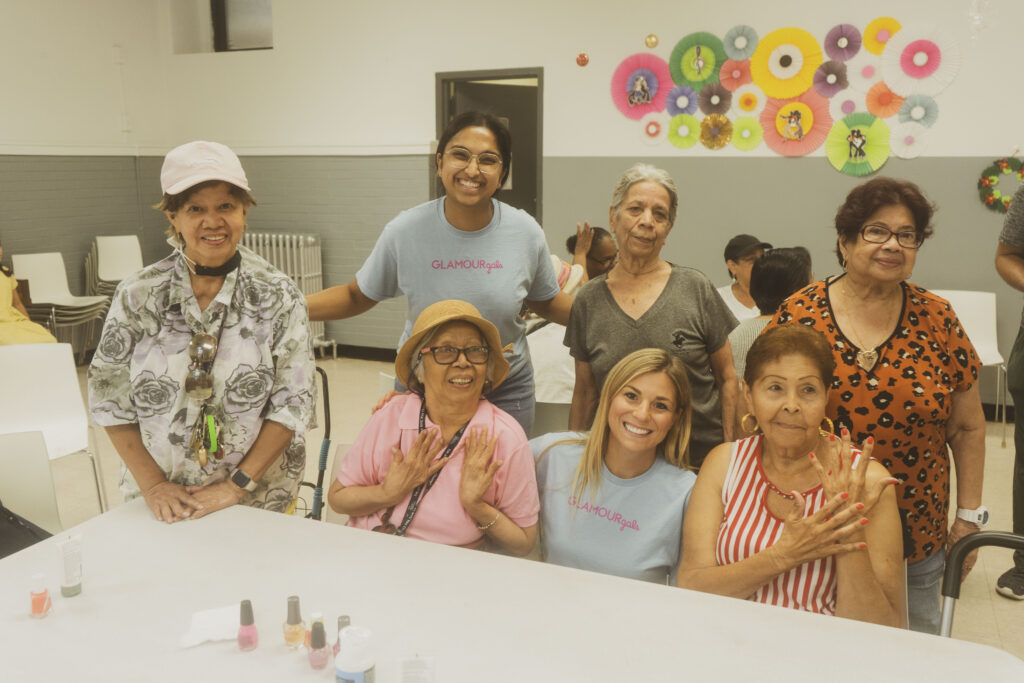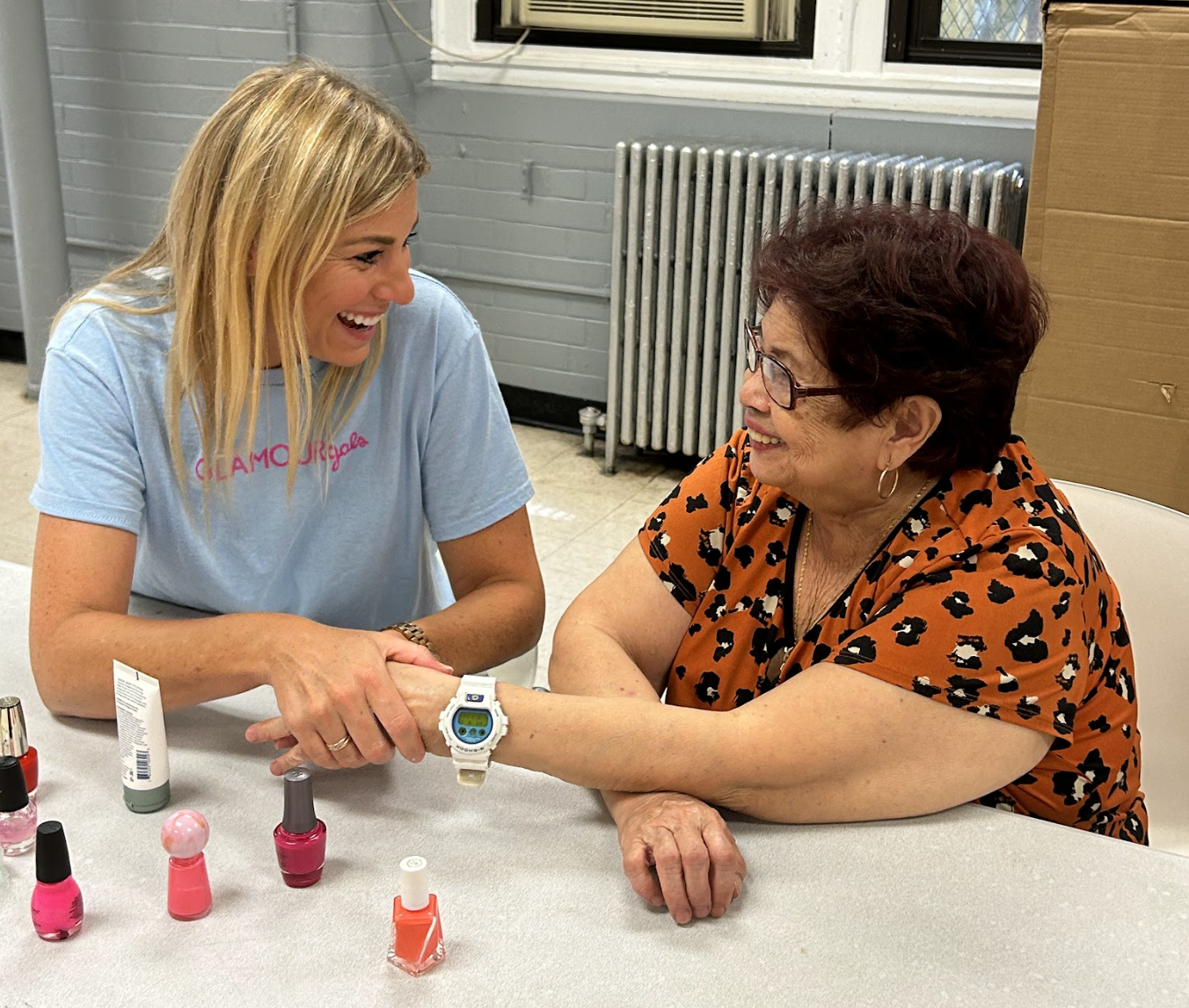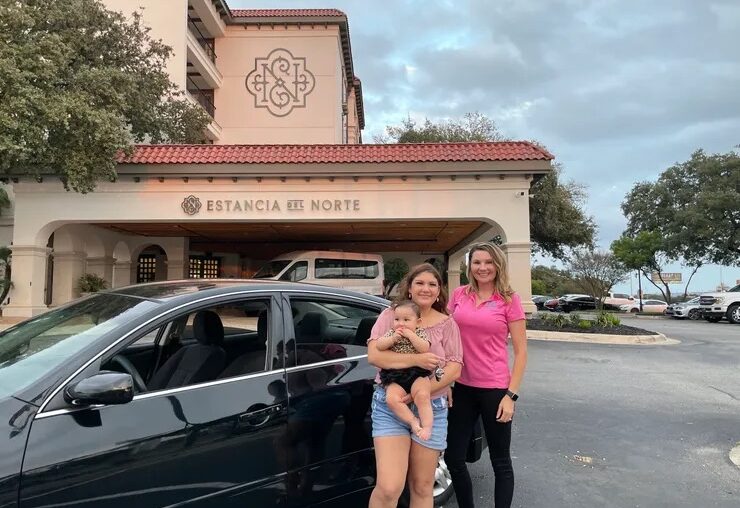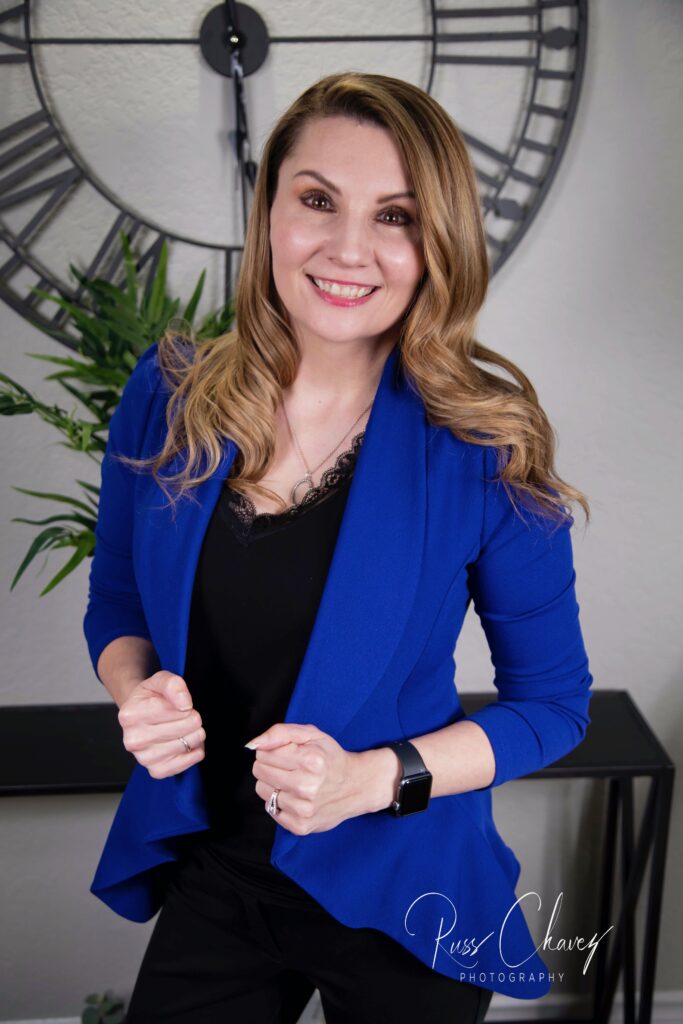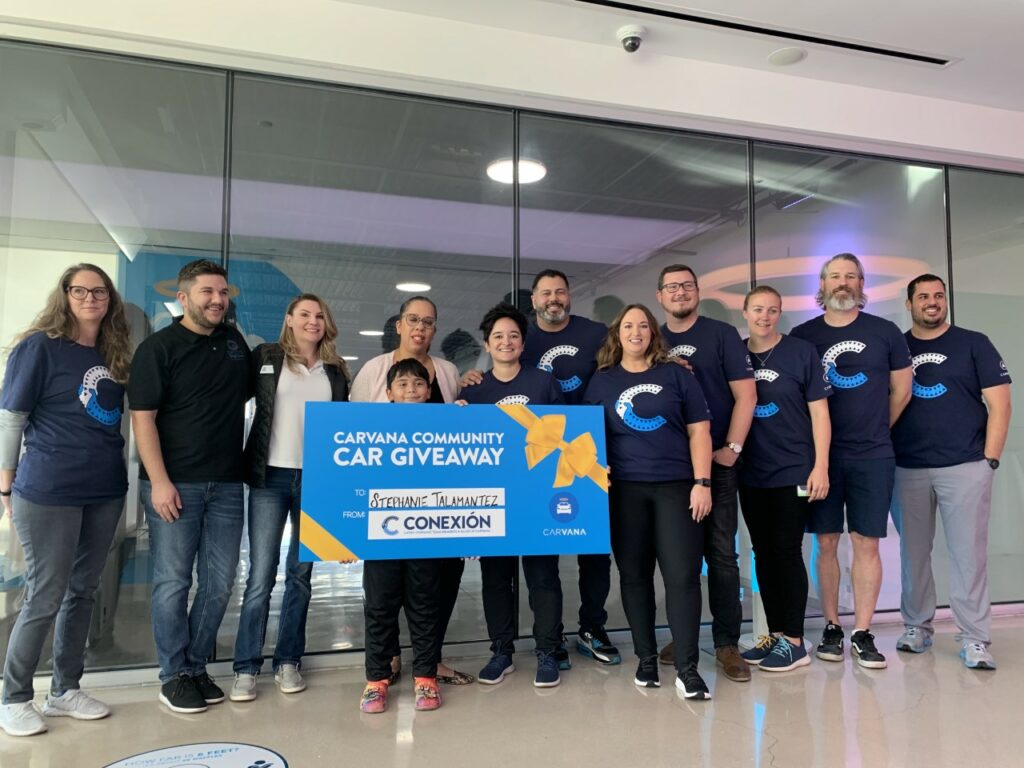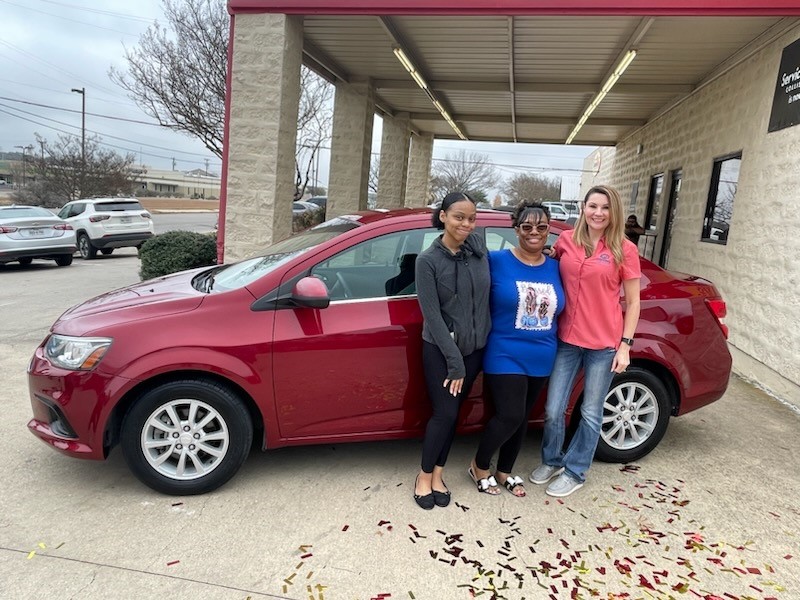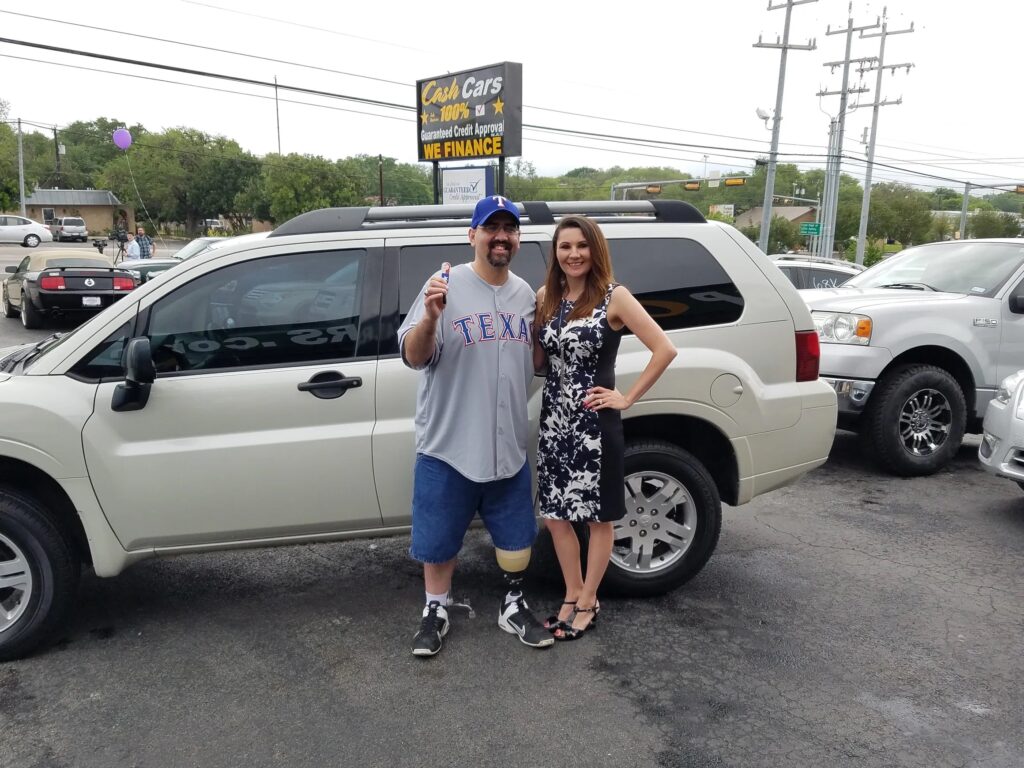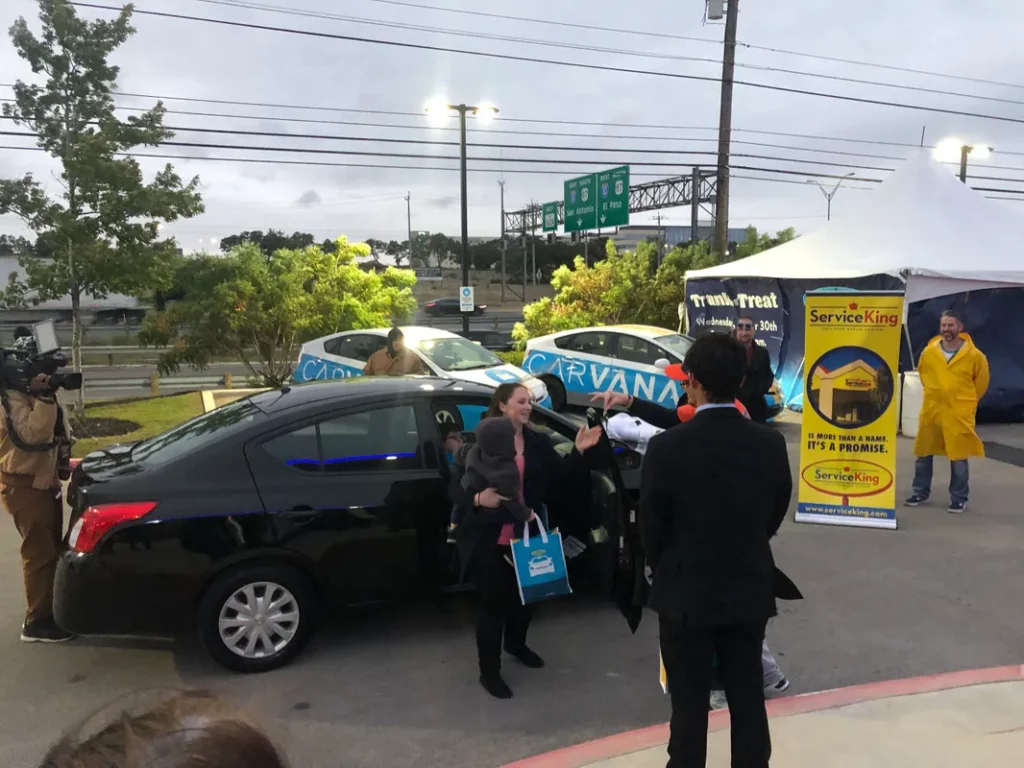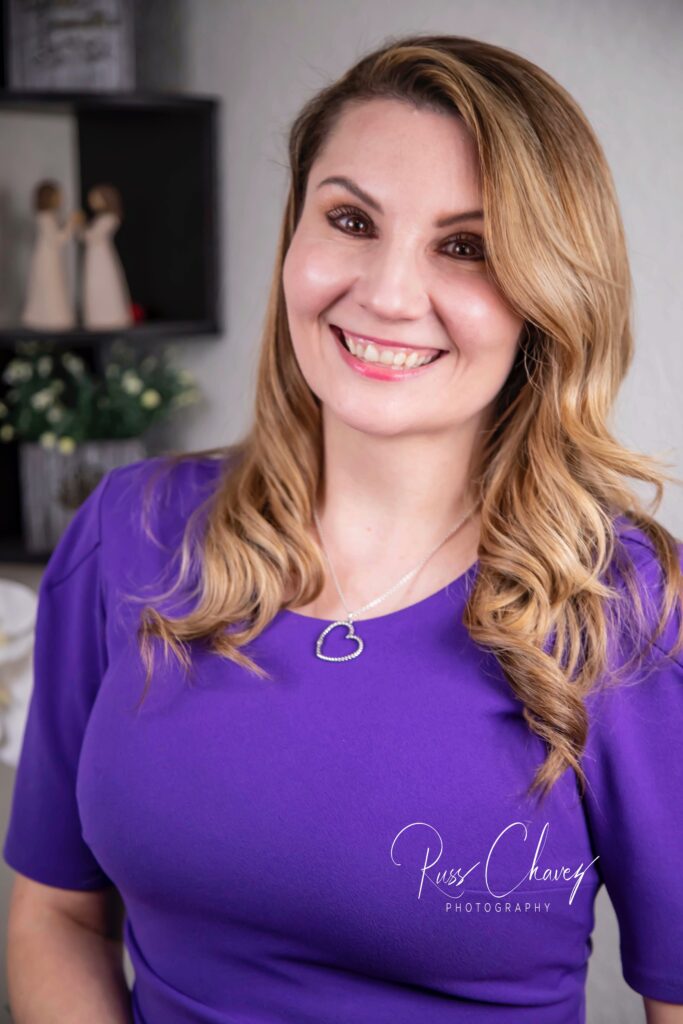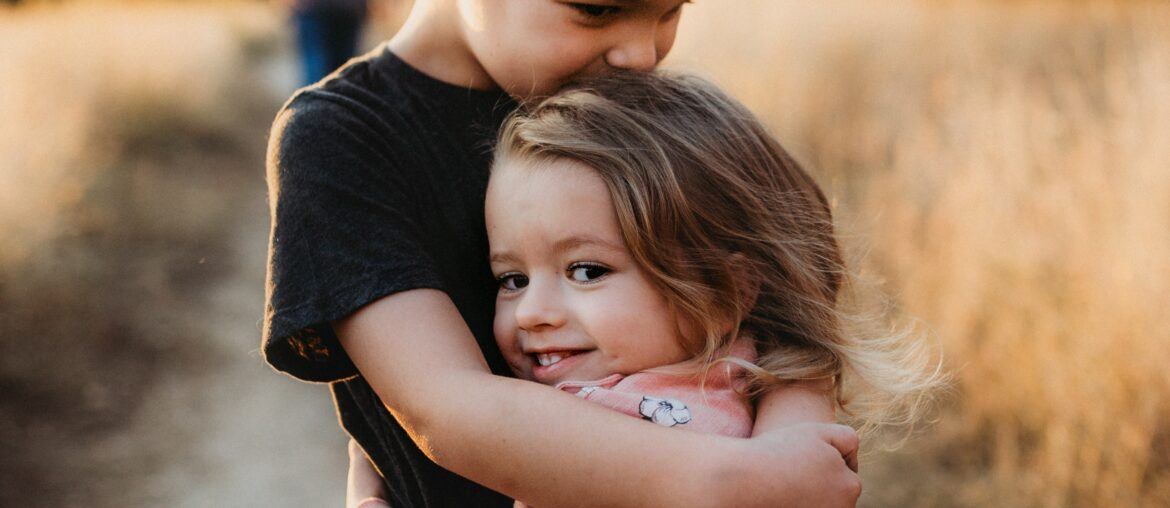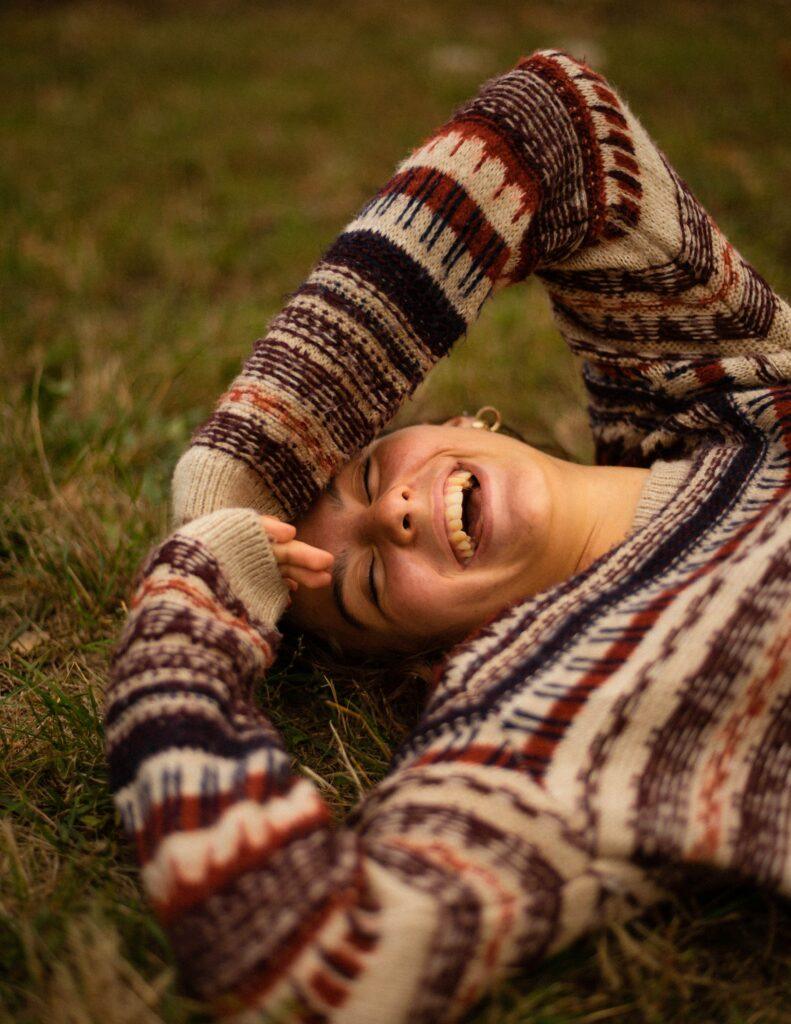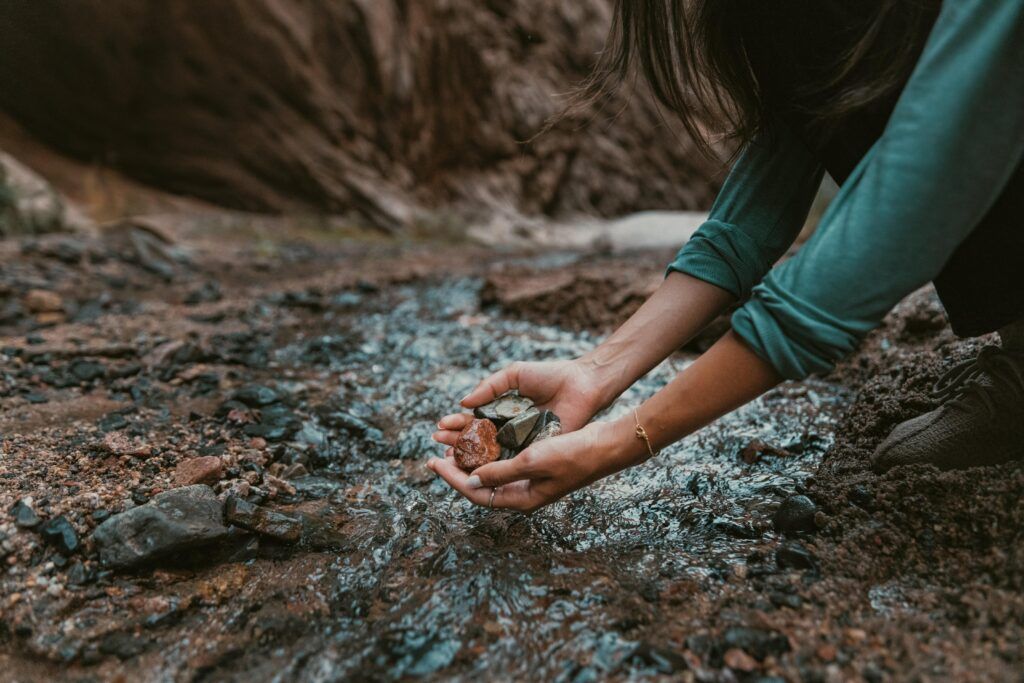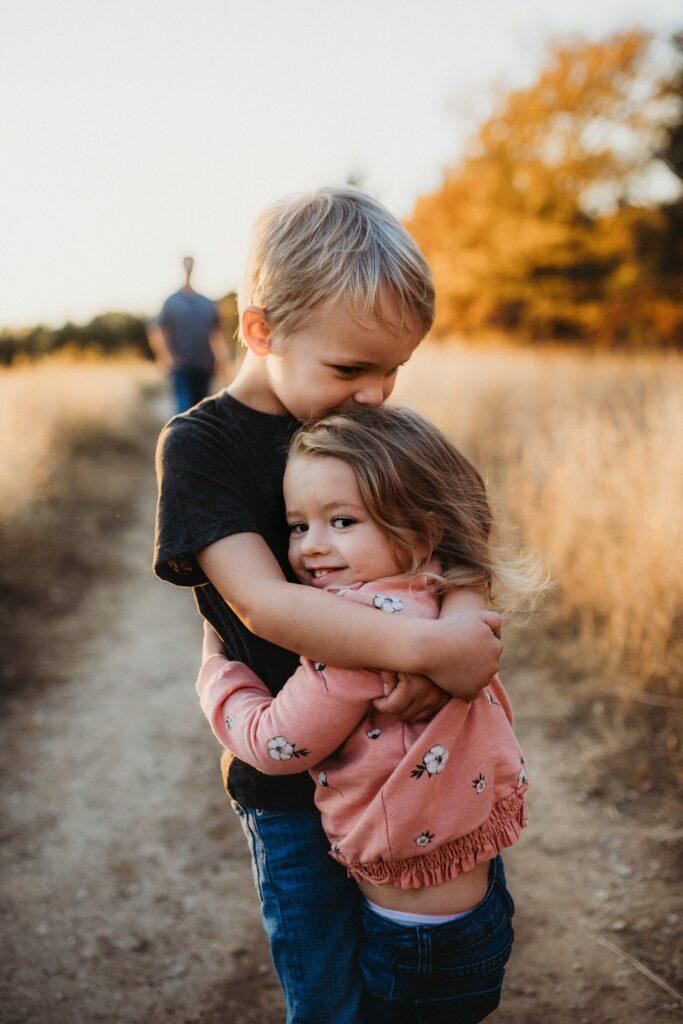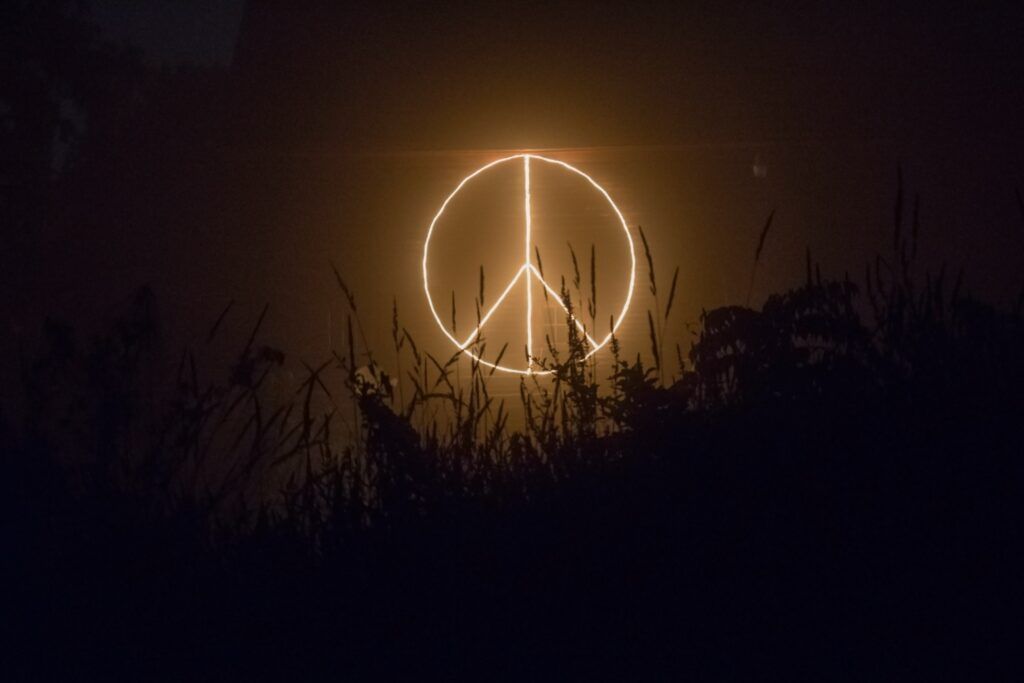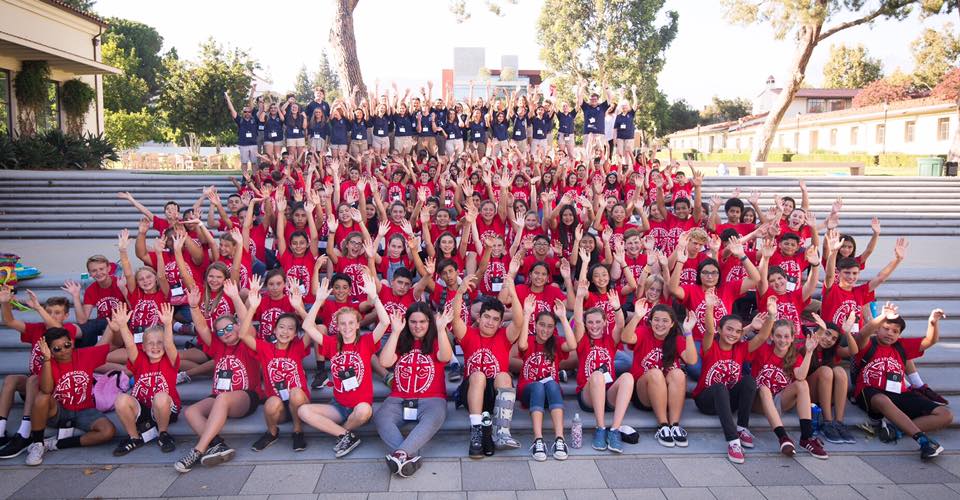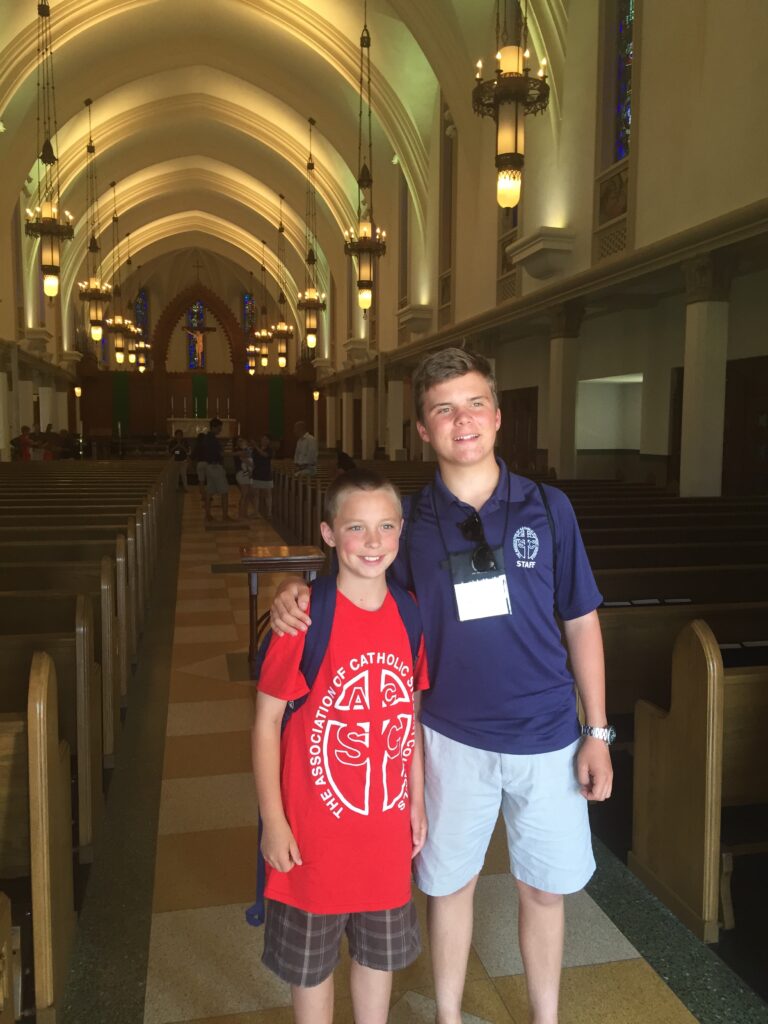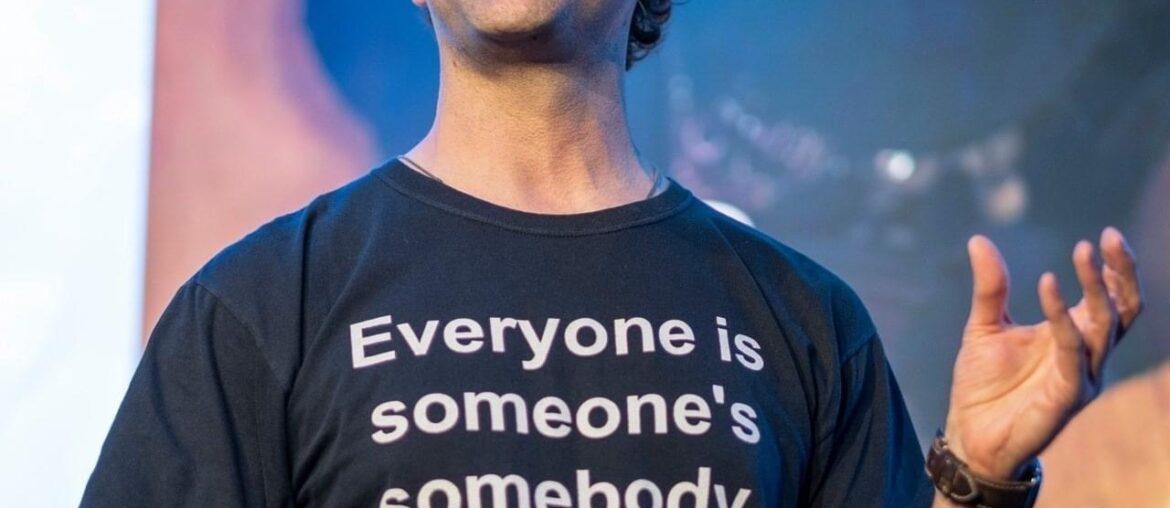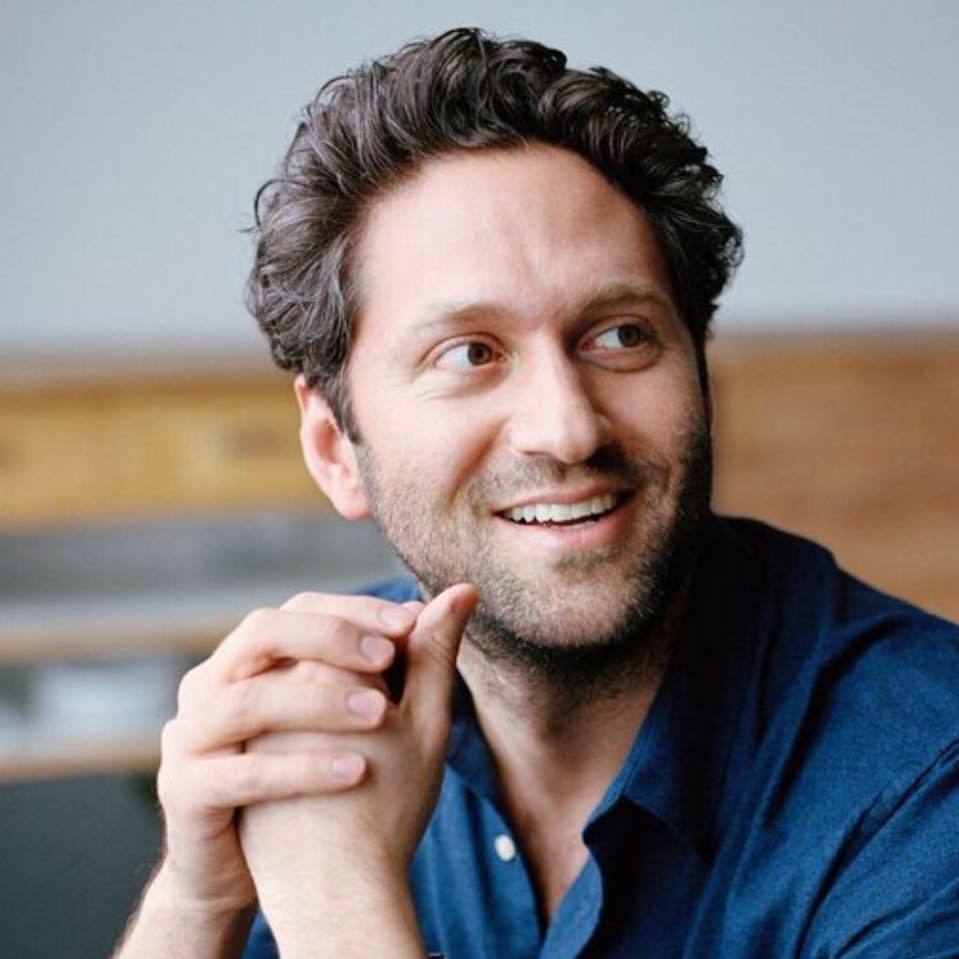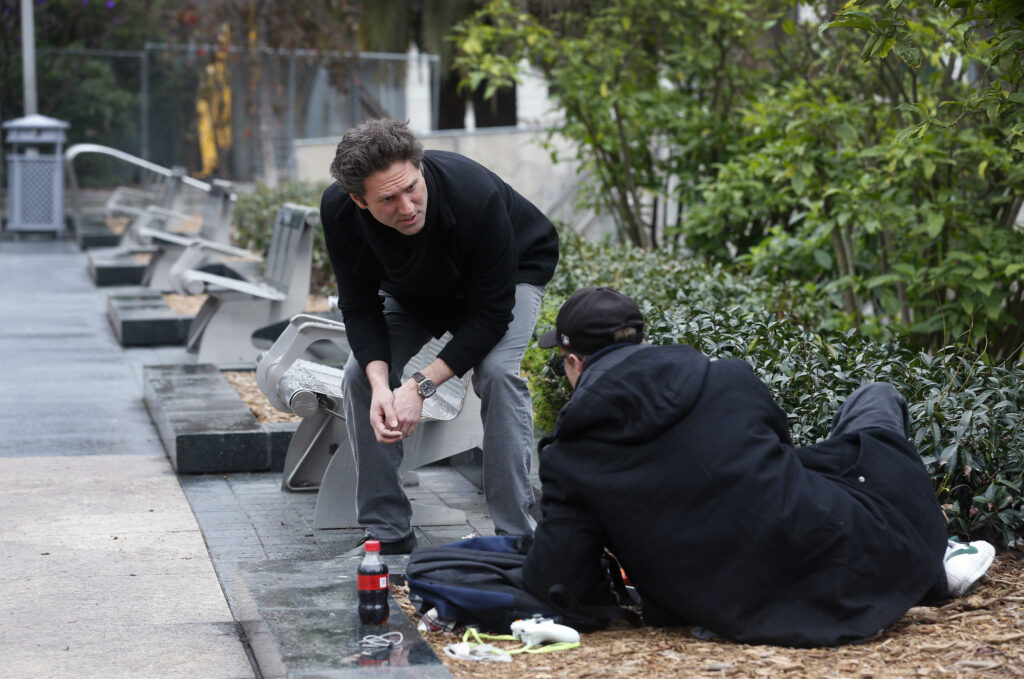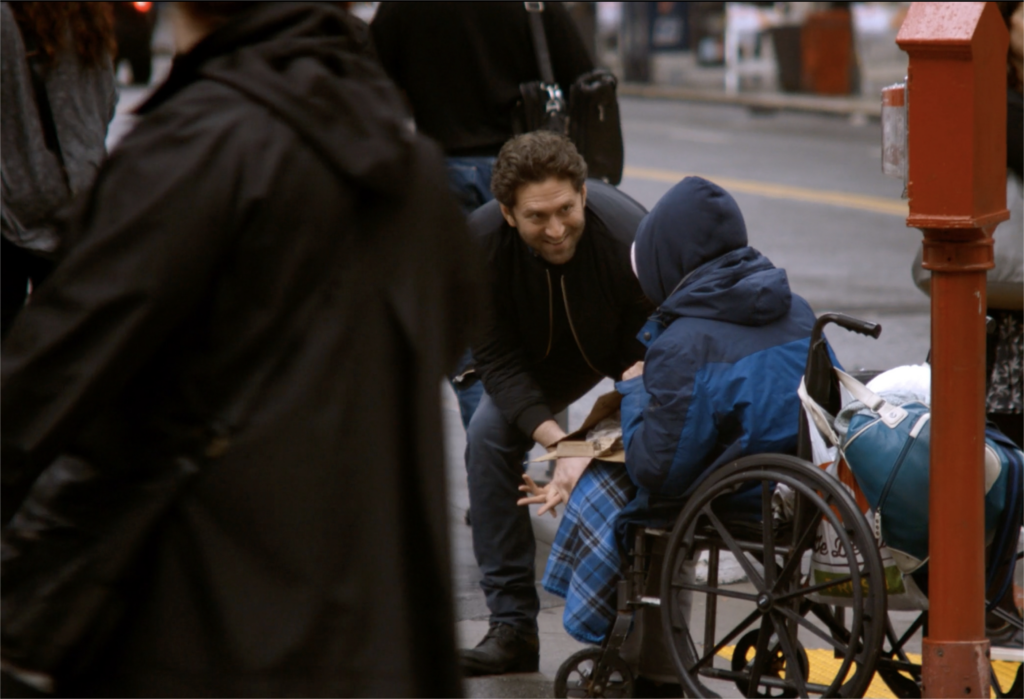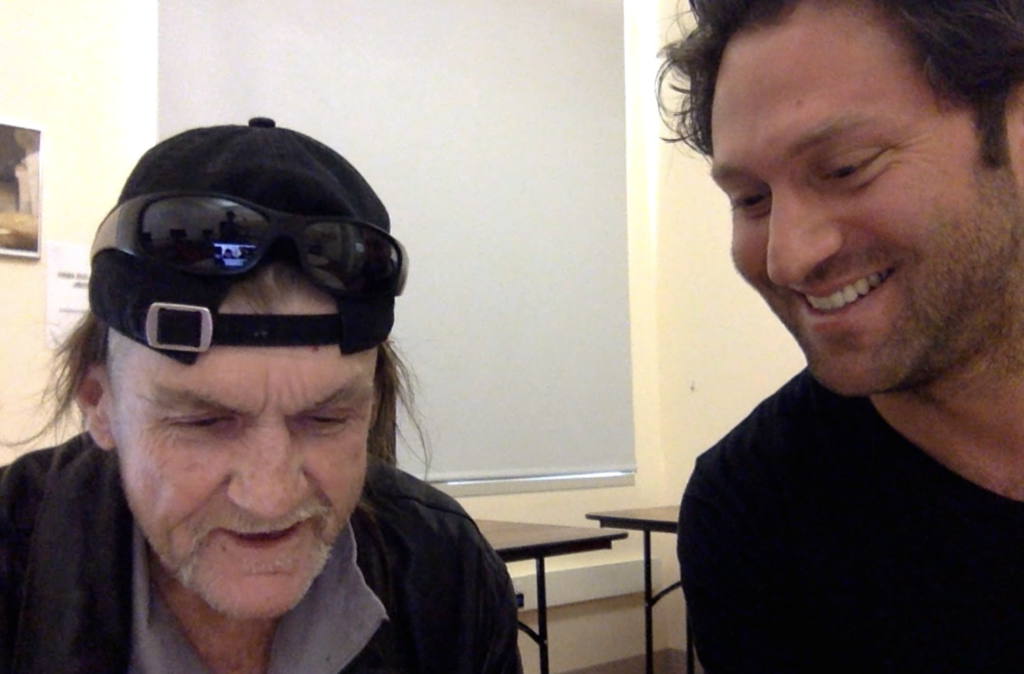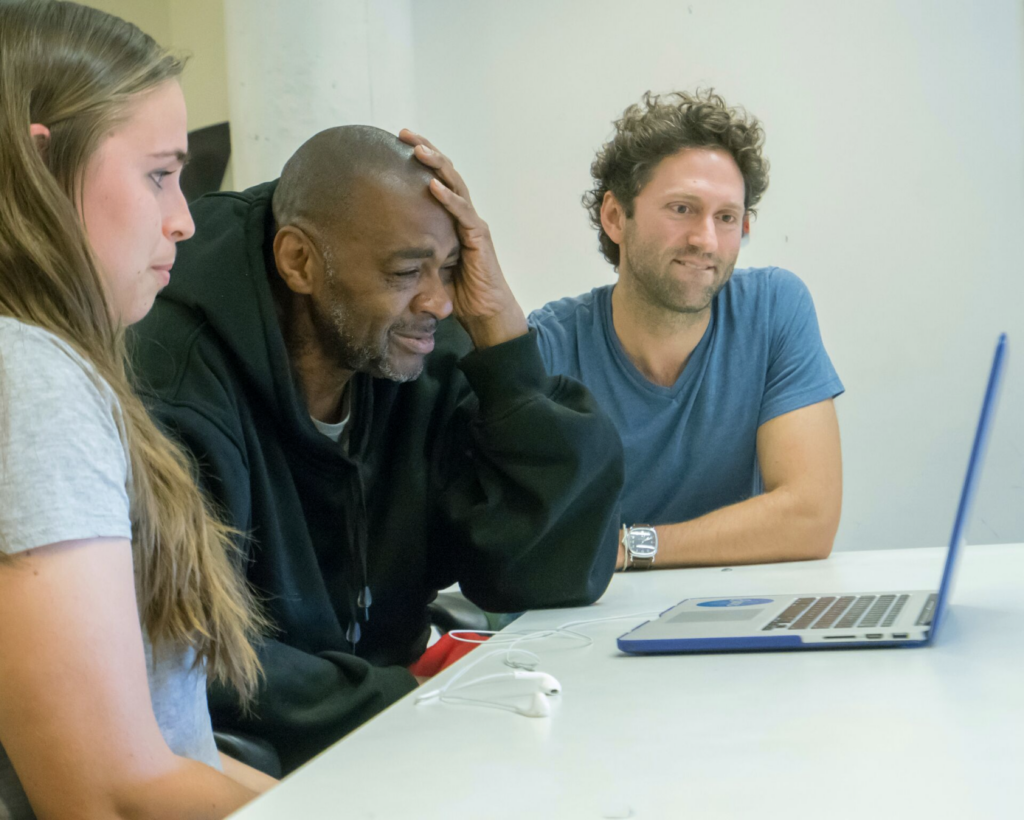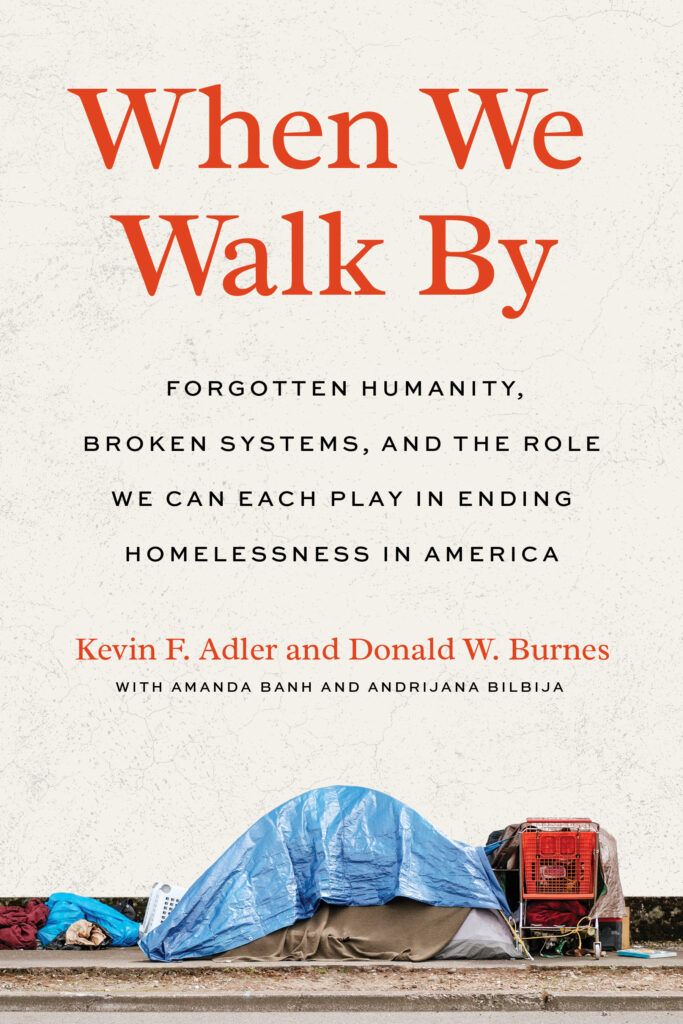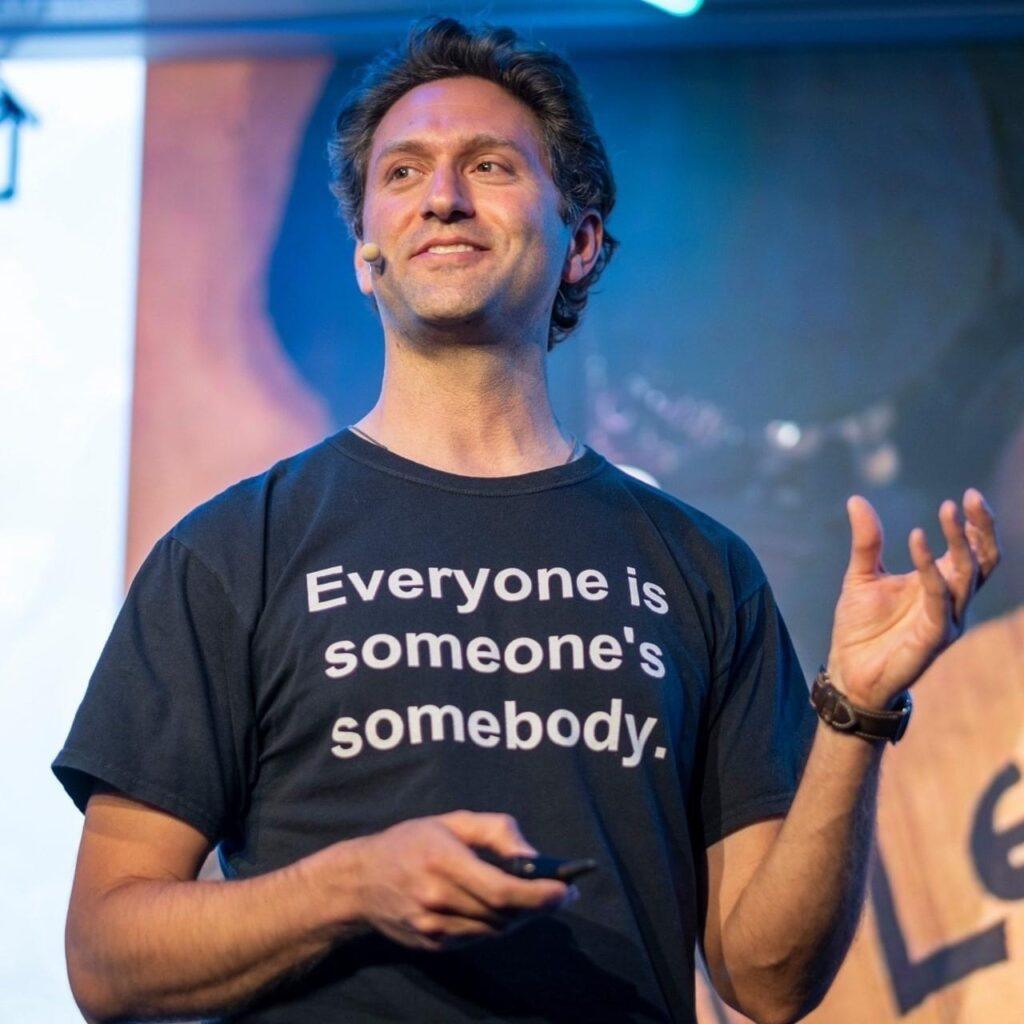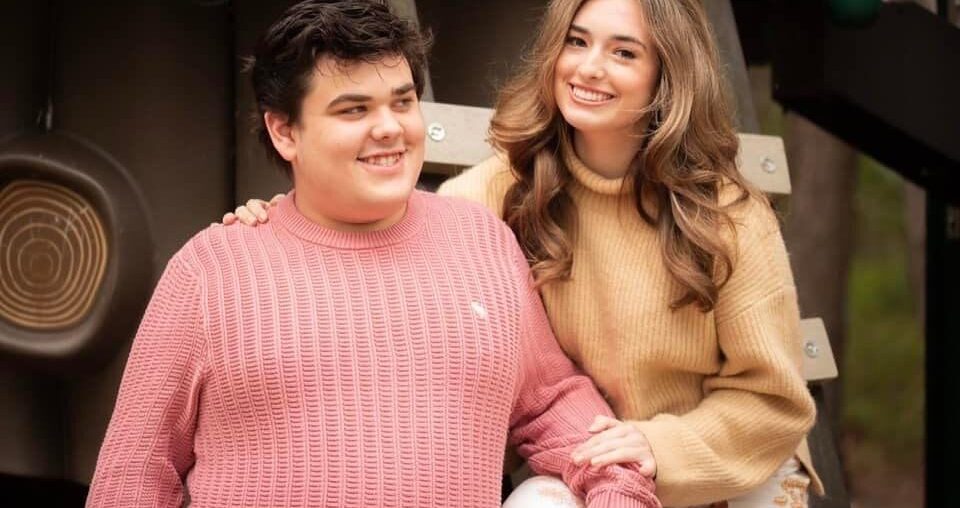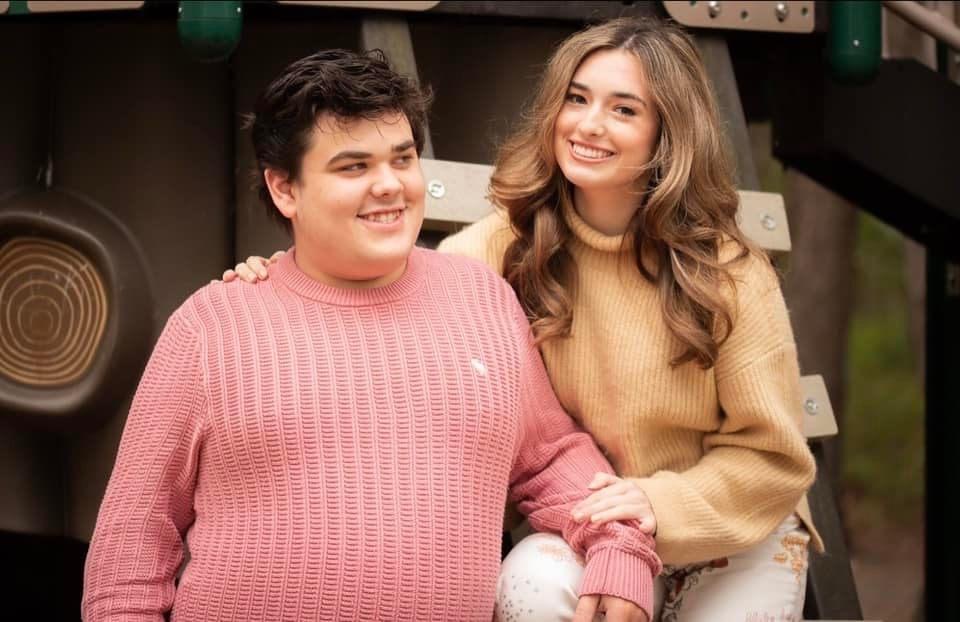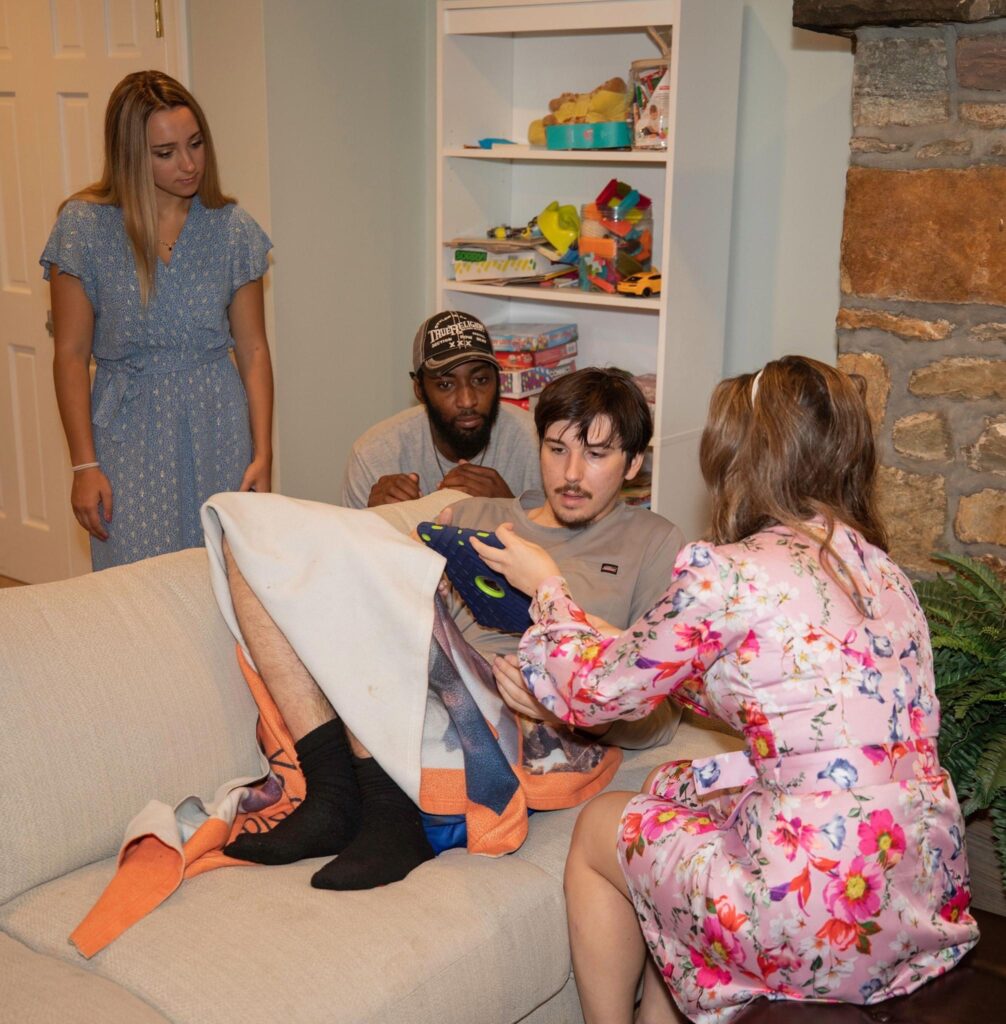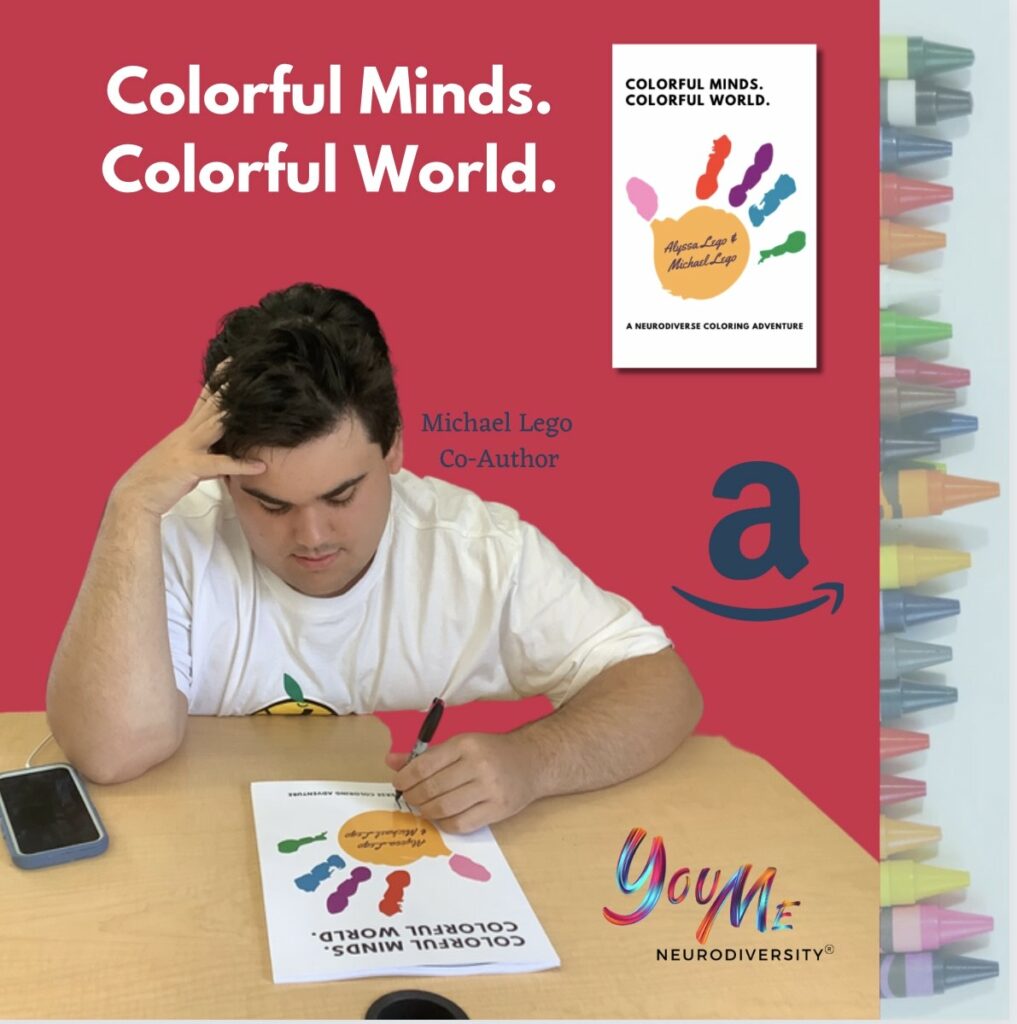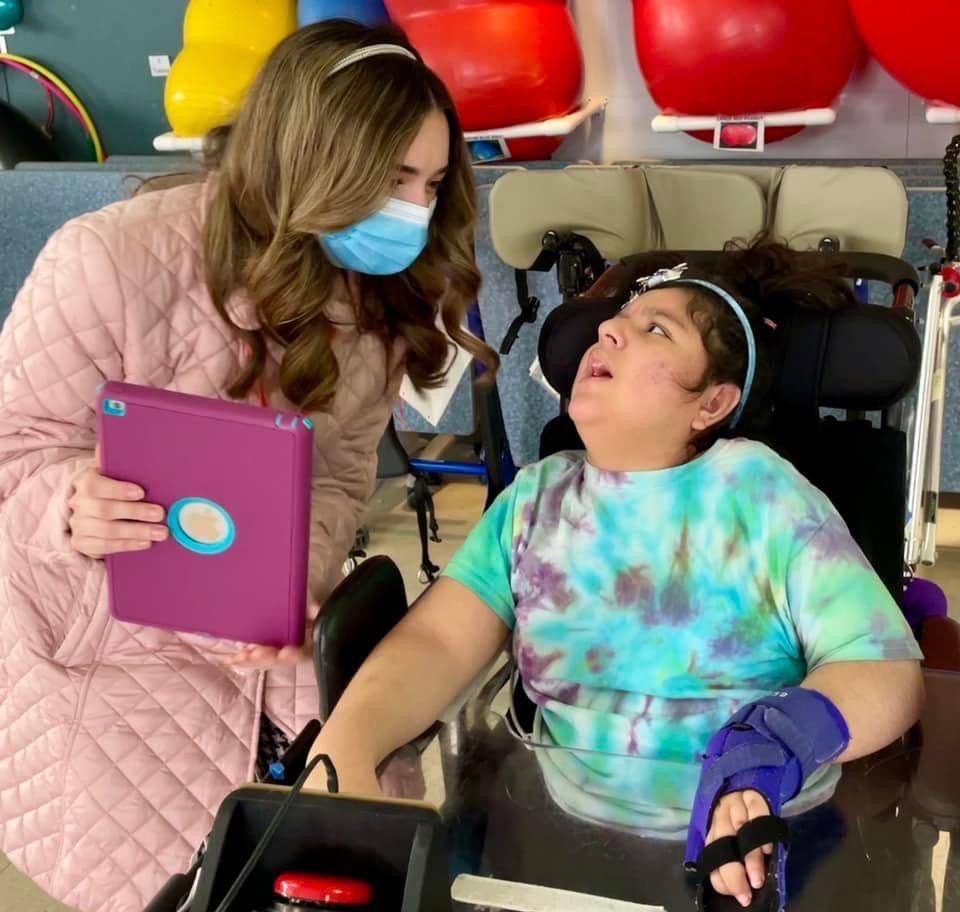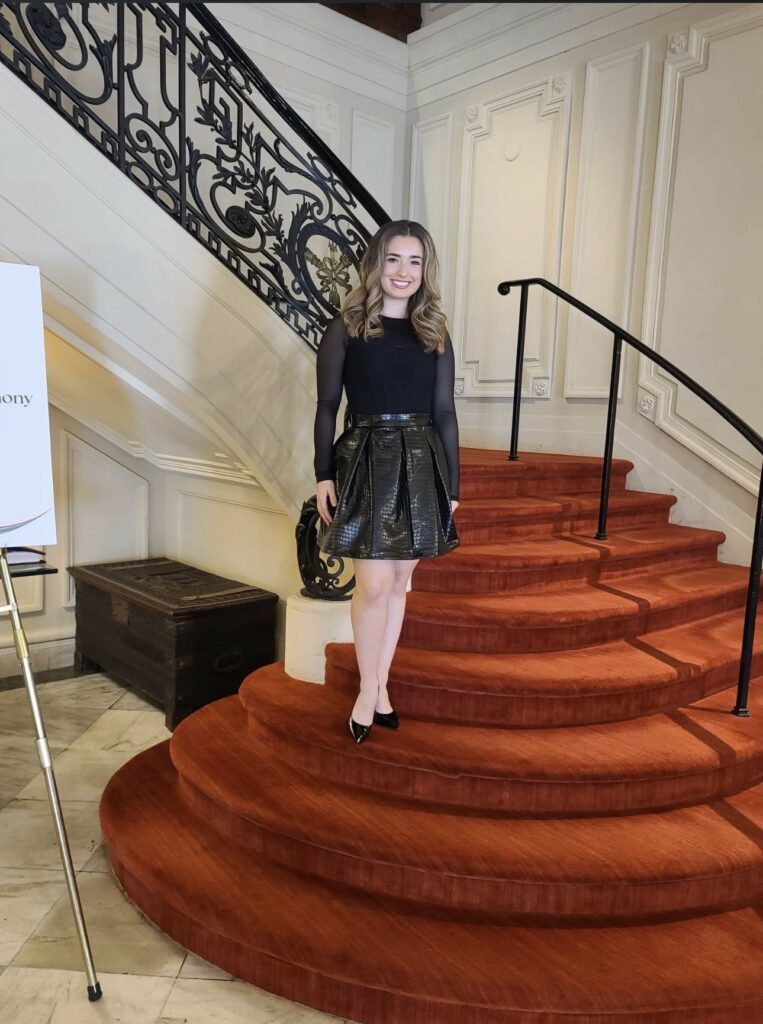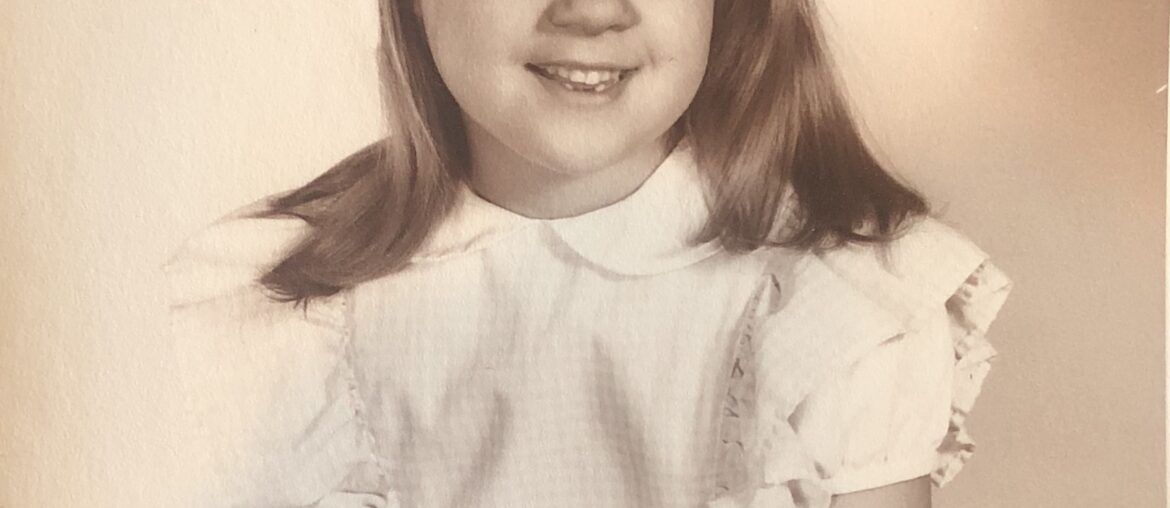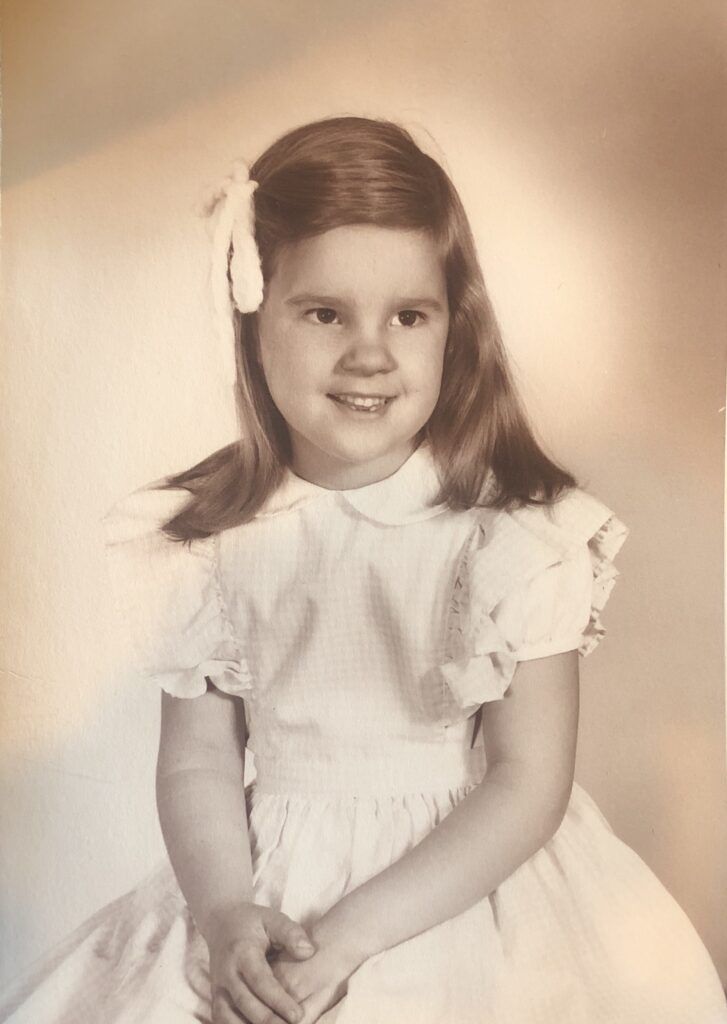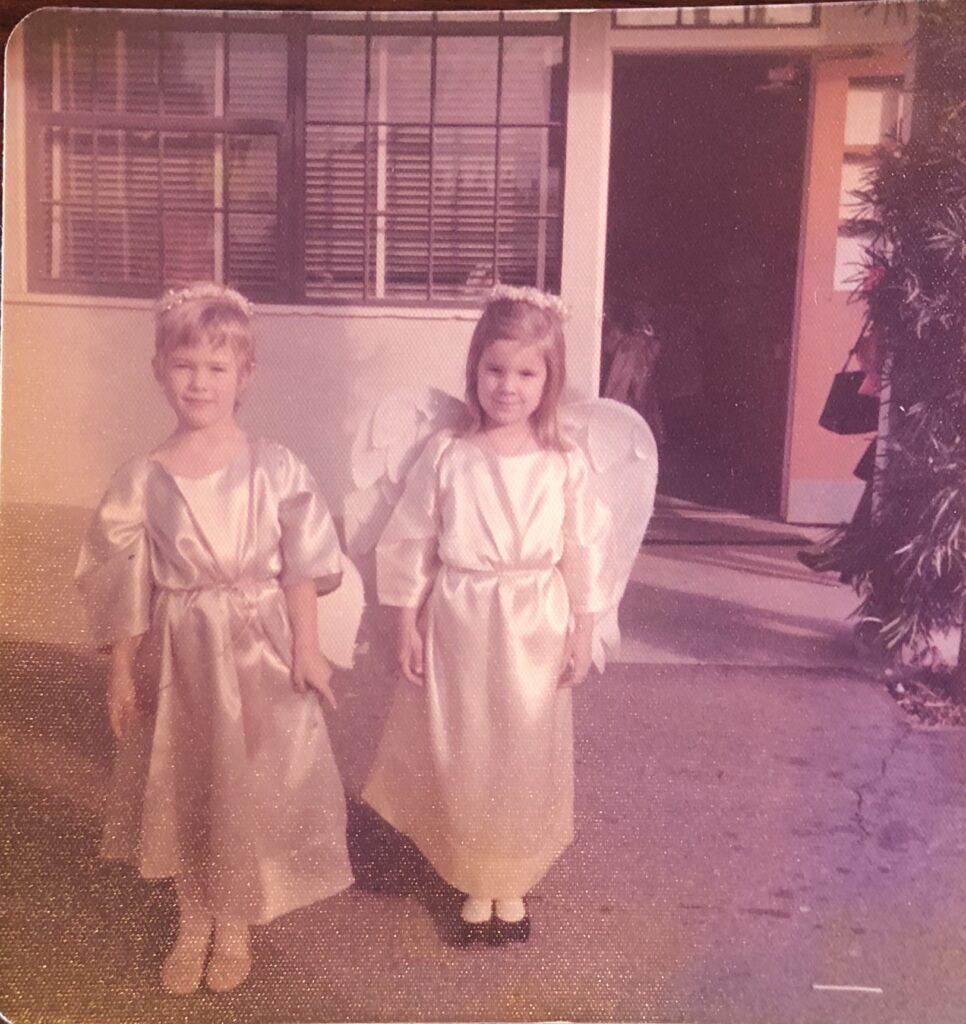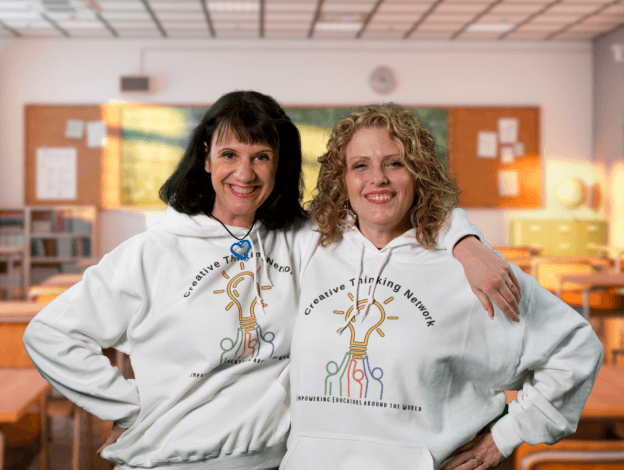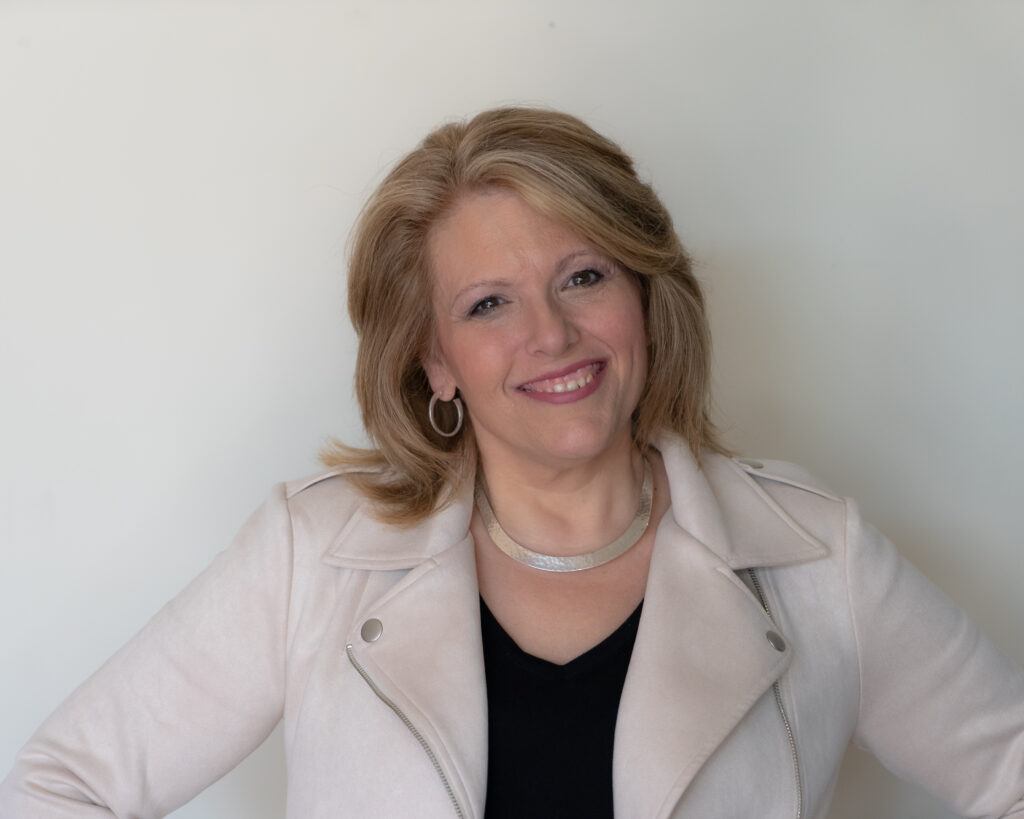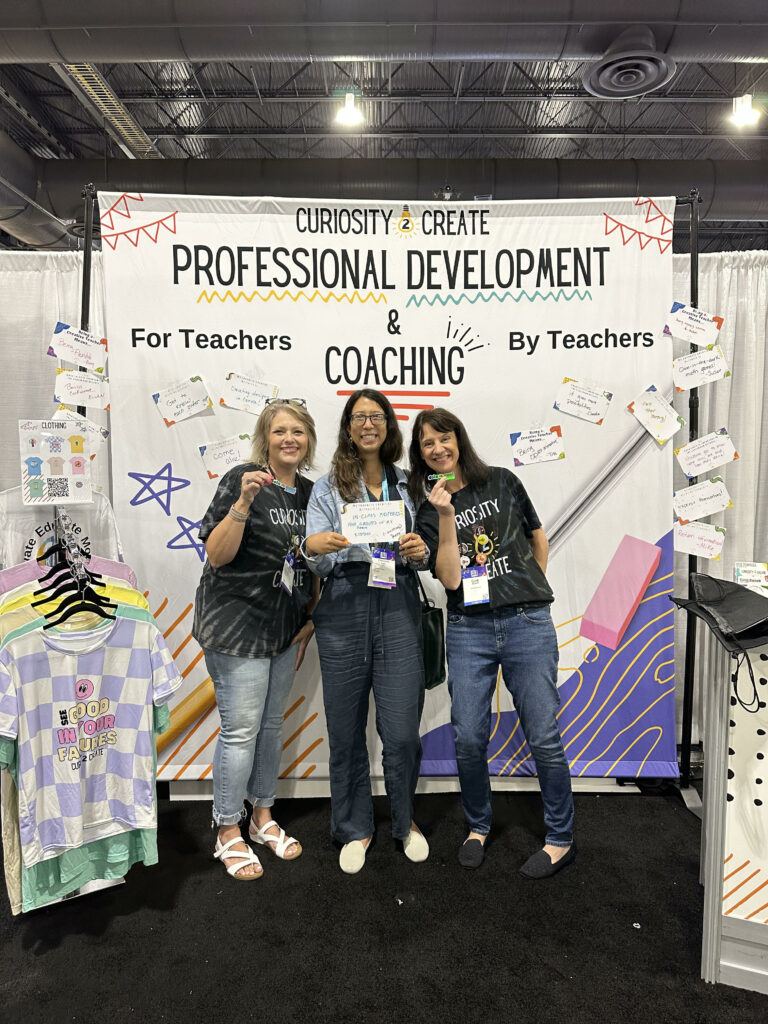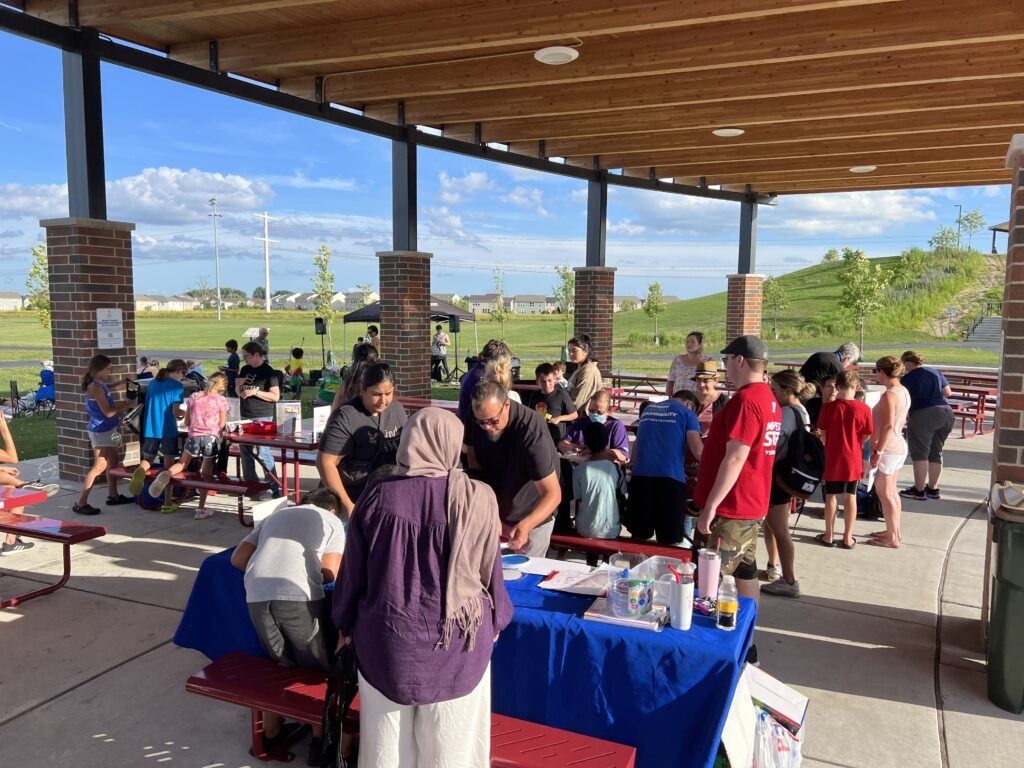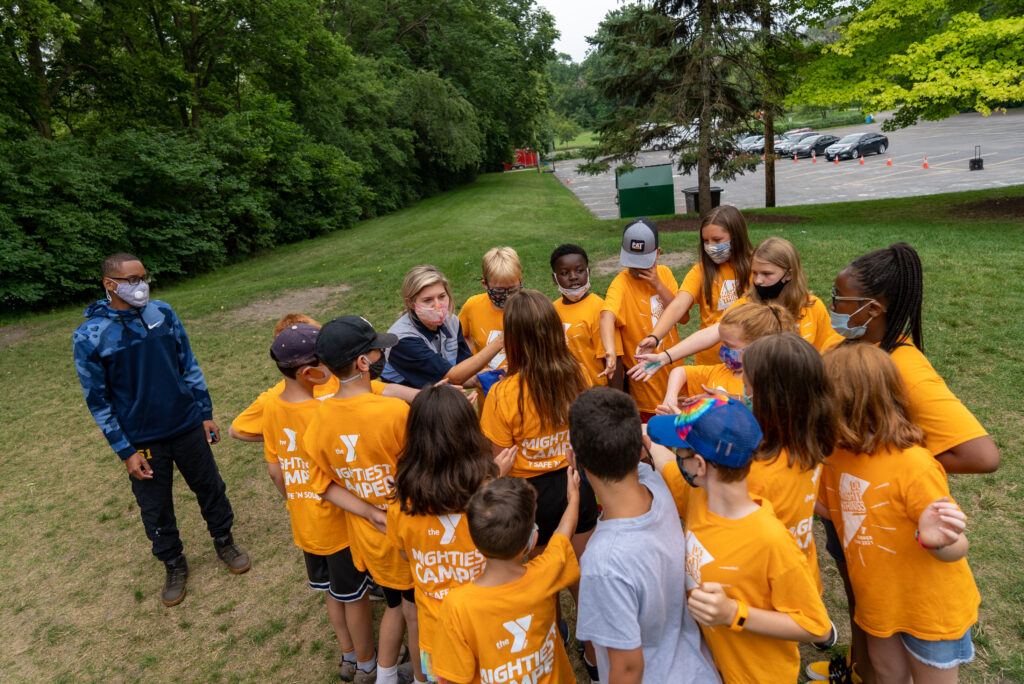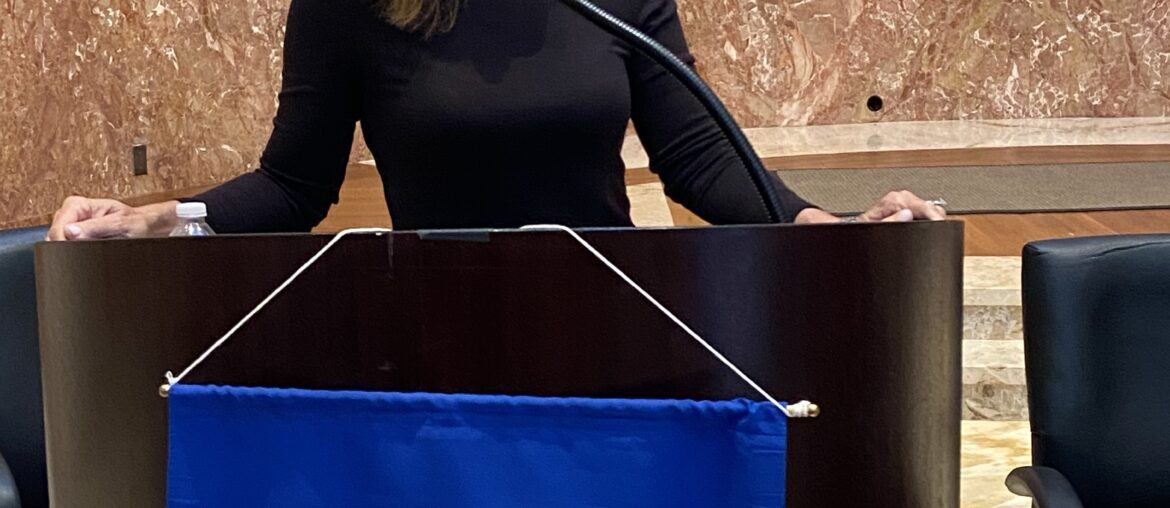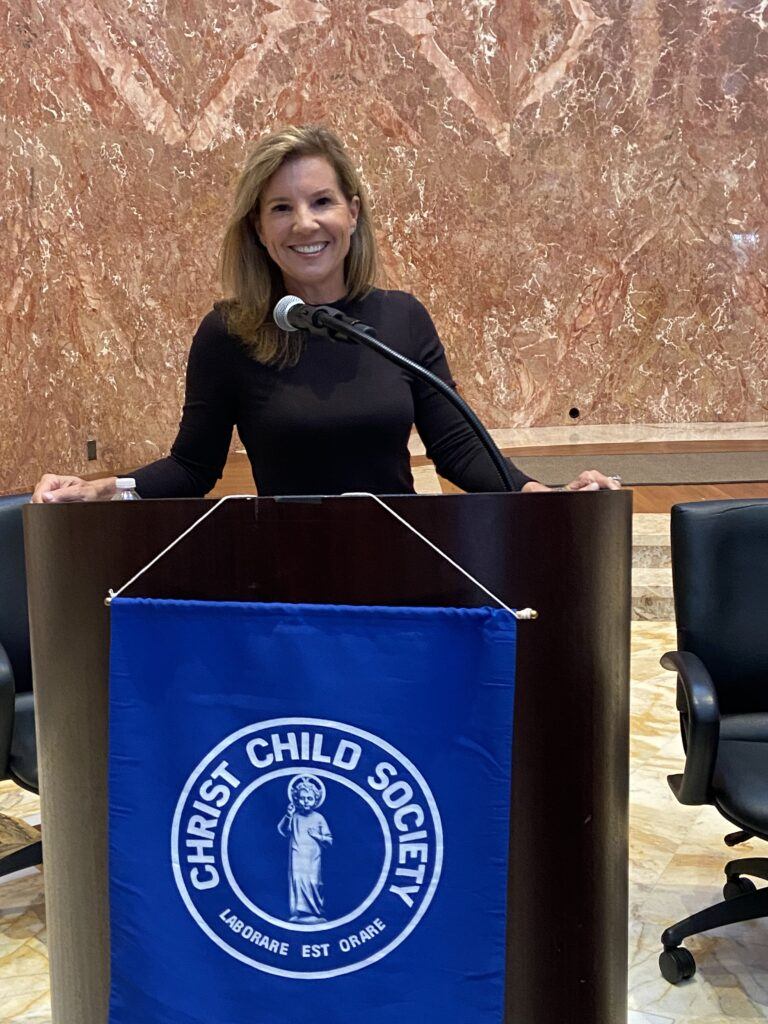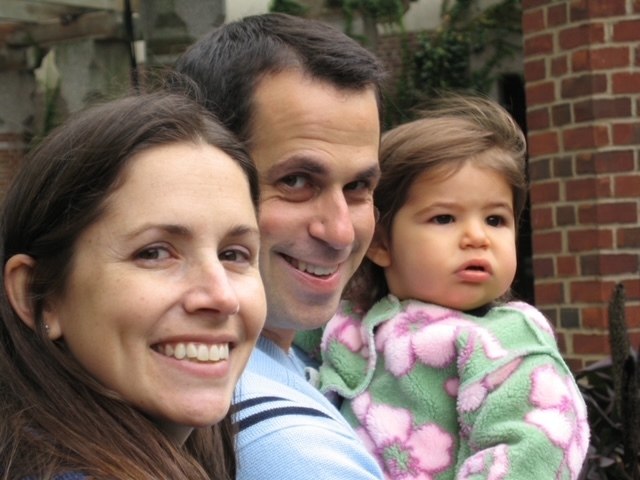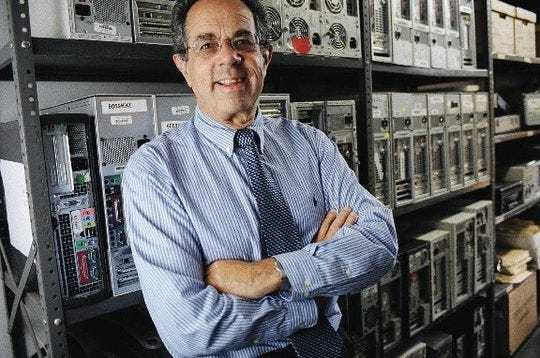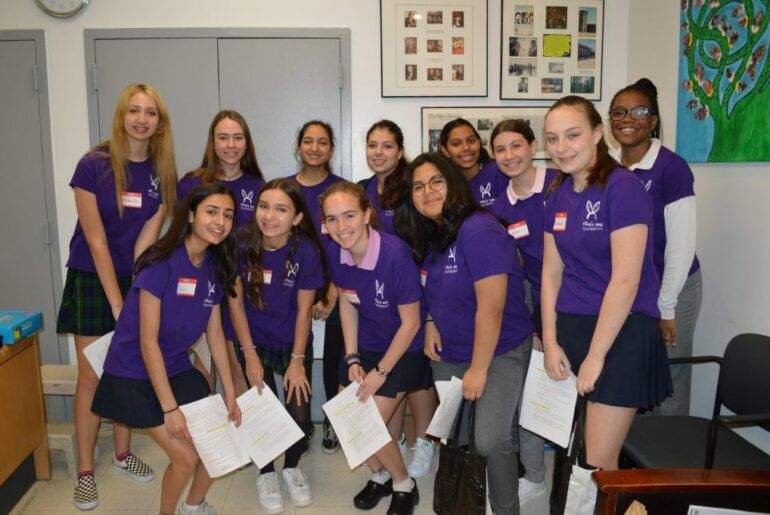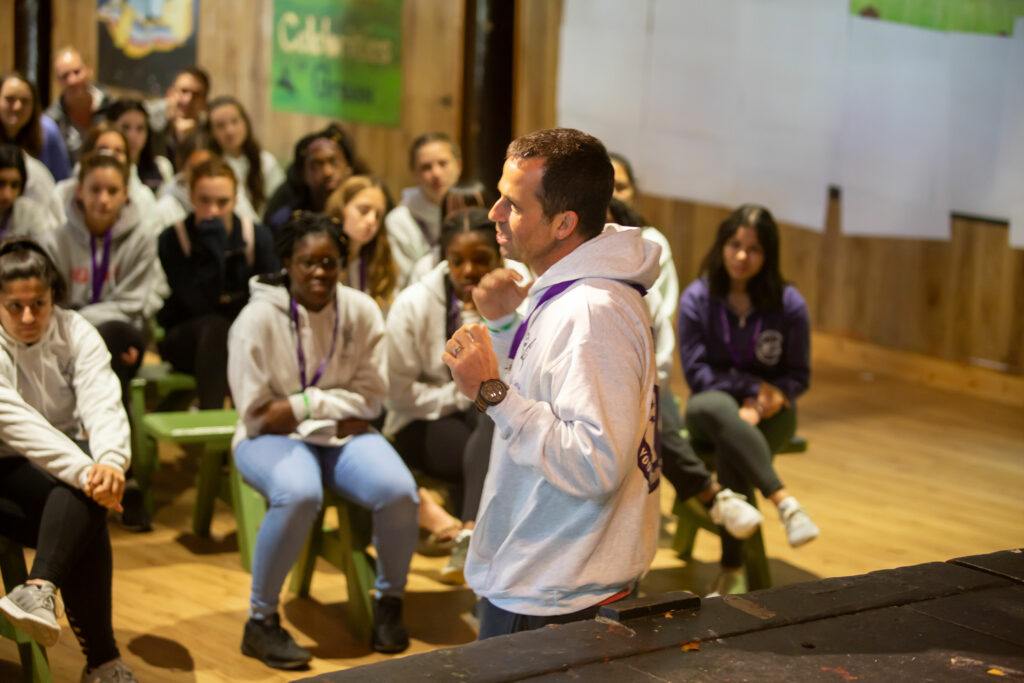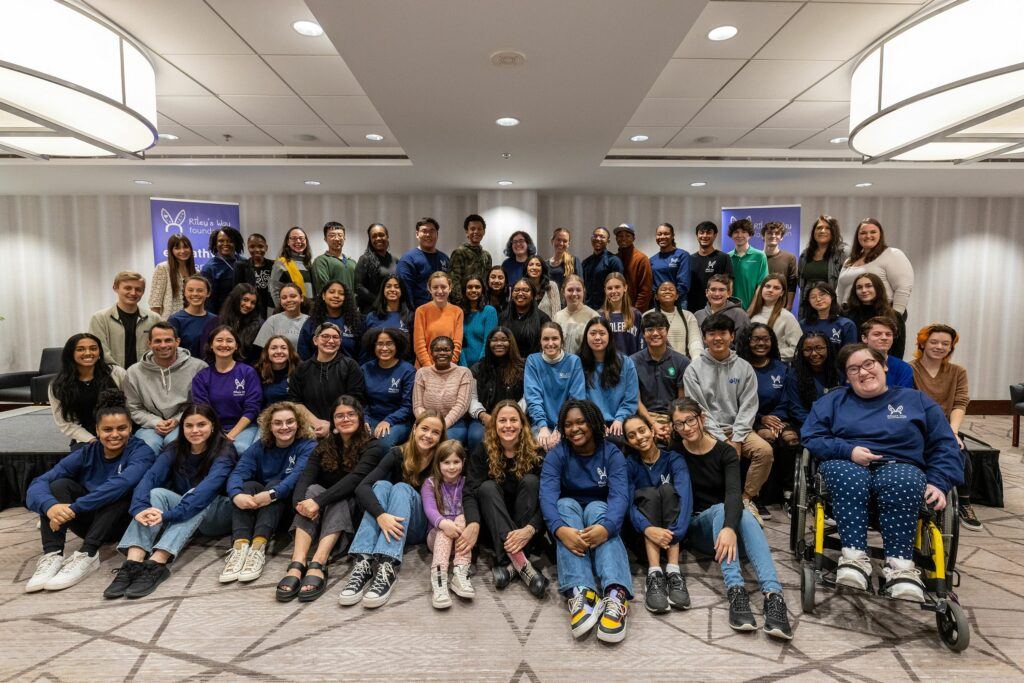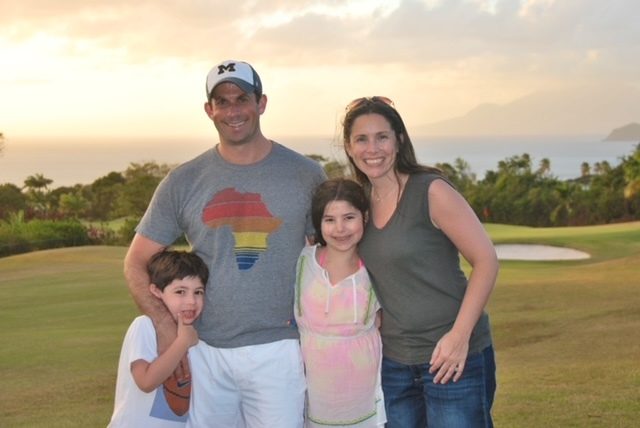
Happy New Year everyone! I hope you had a joyous holiday and are ready to jump into 2024. While you are reading this on January 4th, I am writing for you on the last day of 2023. For me, I can not begin to look ahead at the New Year until I have taken that moment to look back and see what life taught me this past year. There have been more than a few lessons that I thought I would share.
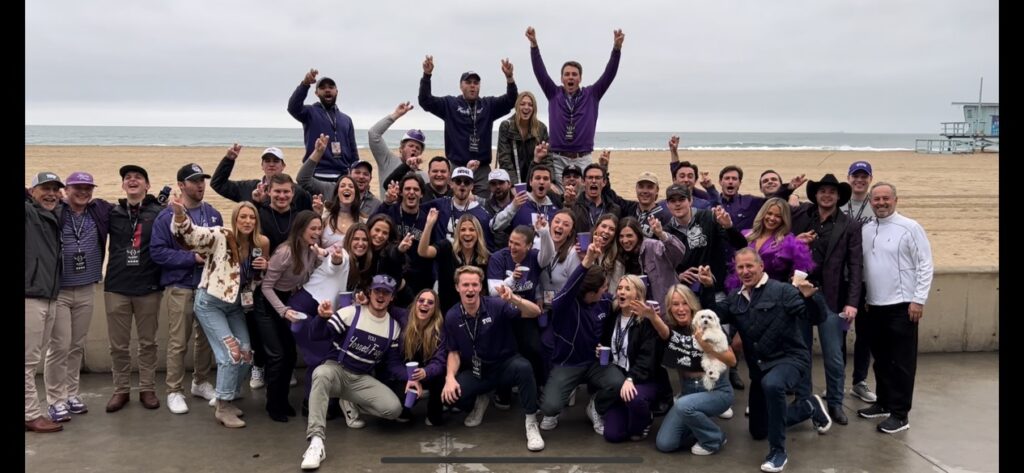
Lesson one: Life can change in a moment. the only control you have is your attitude.
We all know that life can change in an instant. I learned this when my mom was killed in a car accident. In a split second life was never the same. As a type A person, realizing you have no control over life events but your attitude was a lesson that showed up again for me this year.
This fall, my husband had a serious health scare. While he was extremely ill for ten weeks, he is going to be fine. One moment, he was great and the next he wasn’t. Out of those horrible weeks, I was again reminded of the gift of health. In addition, it became clear that I had very little control over the situation except how I handled it. Finding strength, patience and grace in being the best caregiver I could was a lesson in itself. Knowing that my attitude was my responsibility and a good one helped everyone was a lesson learned.
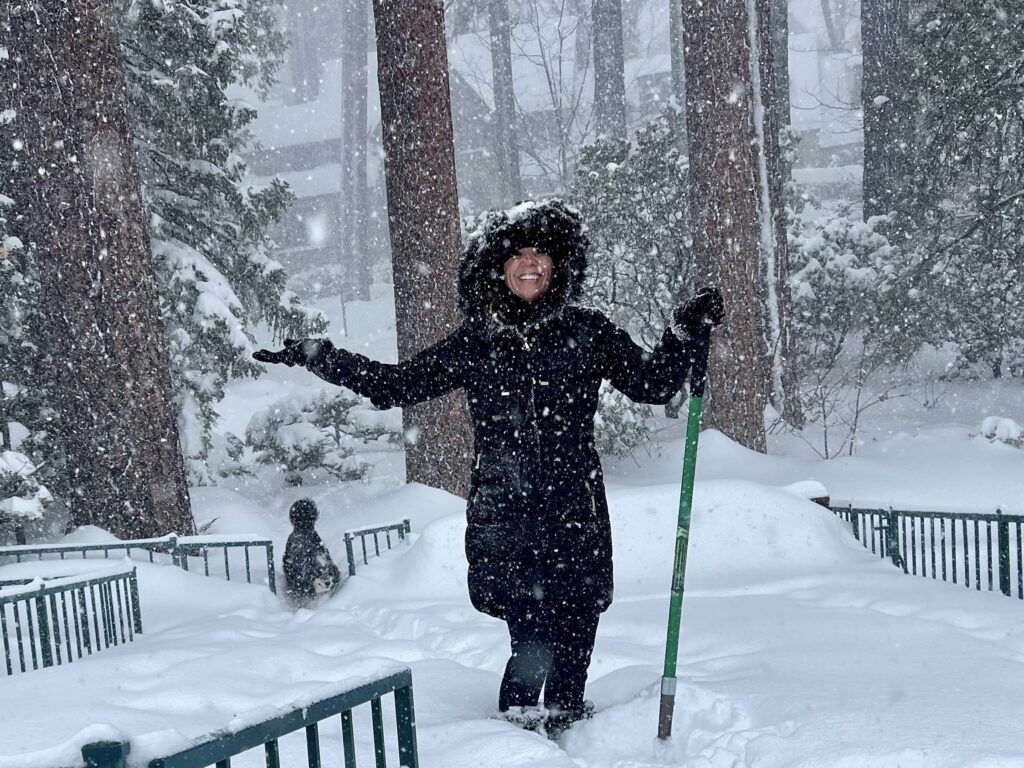
Lesson Two: Fear isn’t fun.
I have never been a fear based person but this year felt scary. Again, type A with world and economic events out of my control, I felt fear for the first time in a long time. Fear is not fun and doesn’t feel good. The economy was a big trigger with out of control prices at the pump, the grocery store and the uncertainty that comes with all of that.
We were snowed in this winter and thirteen people died in our community as a result of being trapped. I had to defer to Lesson One above and know that there was little I could do to change the weather, world or economic events. However, I could choose to be kind, smile and be grateful for all the blessings rather than the fear.
Lesson three: Health is wealth
The first week of January we all are ready to hit the gym and change our bad habits from the past few weeks, myself included. Health is so much more than the gym. It is fueling our bodies with good food and choices. It is also managing stress. Making choices to do a digital detox, turn off the news and to go outside and play. Health is time with people you love. It is faith and making decisions, a hundred times a day, that put on a path towards joy. We only have one body, let’s cherish it this year.
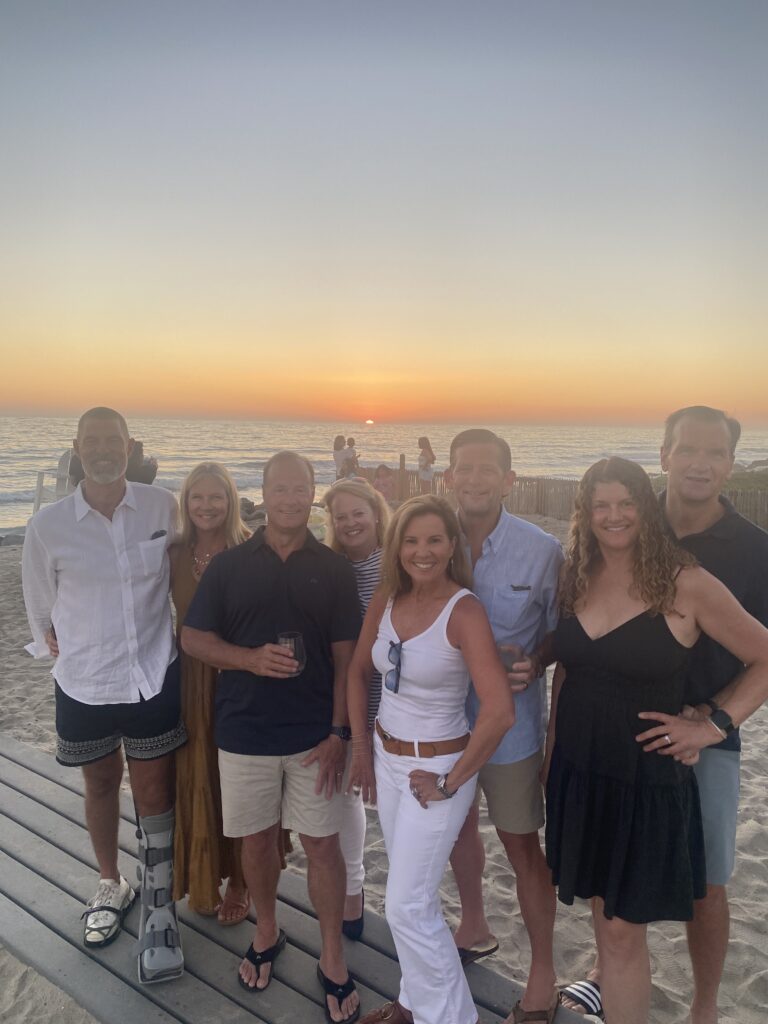
Lesson four: Friends are everything
Why is it that we take everything that matters for granted? Food on our table, a warm place to sleep, our health and even our friends. We somehow think that these will be there everyday. That isn’t always the case per Lesson One. In 2023, that was a lesson learned. I also learned how truly blessed I am with incredible friends. I love my friends dearly and try hard to be a good friend. When you are on the receiving end of help it is a reminder just how valuable our friends are. Mine swept in like angels to the rescue and blessed me a thousand times over this year. A most precious gift and lesson, friends are everything! Treasure them.
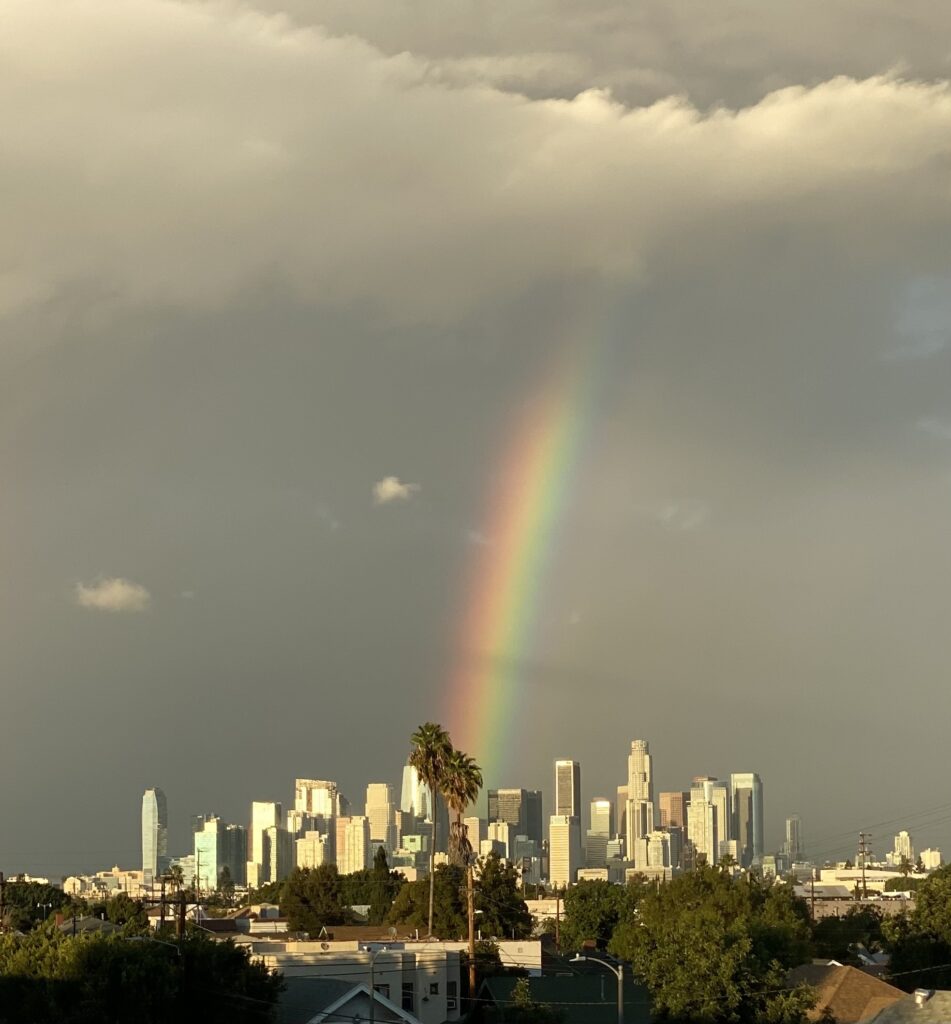
Lesson five: Keep Moving Forward towards your purpose
Sometimes when you have a tough year it can feel as if you are reacting to everything and not driving your destiny. The hard part is reminding ourselves that we have this beautiful gift called choice. We can choose to dream, to make plans, to act. Every choice has a consequence. Even when things feel dull, repetitive, or out of our control we can choose a positive thought. During some of the dark times this year I journaled about what life looked like when things were better. Today, I looked back and can already see light at the end of this 2023 tunnel. So don’t give up, keep moving forward towards your dreams. There is a rainbow behind the storm clouds.
We are all here to learn. There is such a short time to do it. I am incredibly grateful for the challenges 2023 brought because of the lessons that came with them. Each week the nonprofit founders that we met reminded me what resilience, kindness, grace and purpose look like. They have enriched my life in so many ways with their wisdom. Thank you for cheering me on to continue this work and mission. You inspire me everyday to move forward towards my purpose.
So Goodbye 2023! Hello 2024! I am ready for you and all the lessons, joy and gratitude you have waiting for us!
Happy New Year!
CHARITY MATTERS.
YOUR REFERRAL IS THE GREATEST COMPLIMENT, IF YOU ARE SO MOVED OR INSPIRED, WE WOULD LOVE YOU TO SHARE AND INSPIRE ANOTHER. If you enjoyed today’s episode, please connect with us:
- www.Charity-Matters.com
- On IG @Charitymatters
- Post a screenshot & key takeaway on your IG story and tag me @heidijohnsonoffical and @Charitymatters so we can repost you.
- Leave a positive review on Apple Podcasts
- Subscribe to new episodes each week!
Copyright © 2024 Charity Matters. This article may not be reproduced without explicit written permission; if you are not reading this in your newsreader, the site you are viewing is illegally infringing our copyright. We would be grateful if you contact us.

